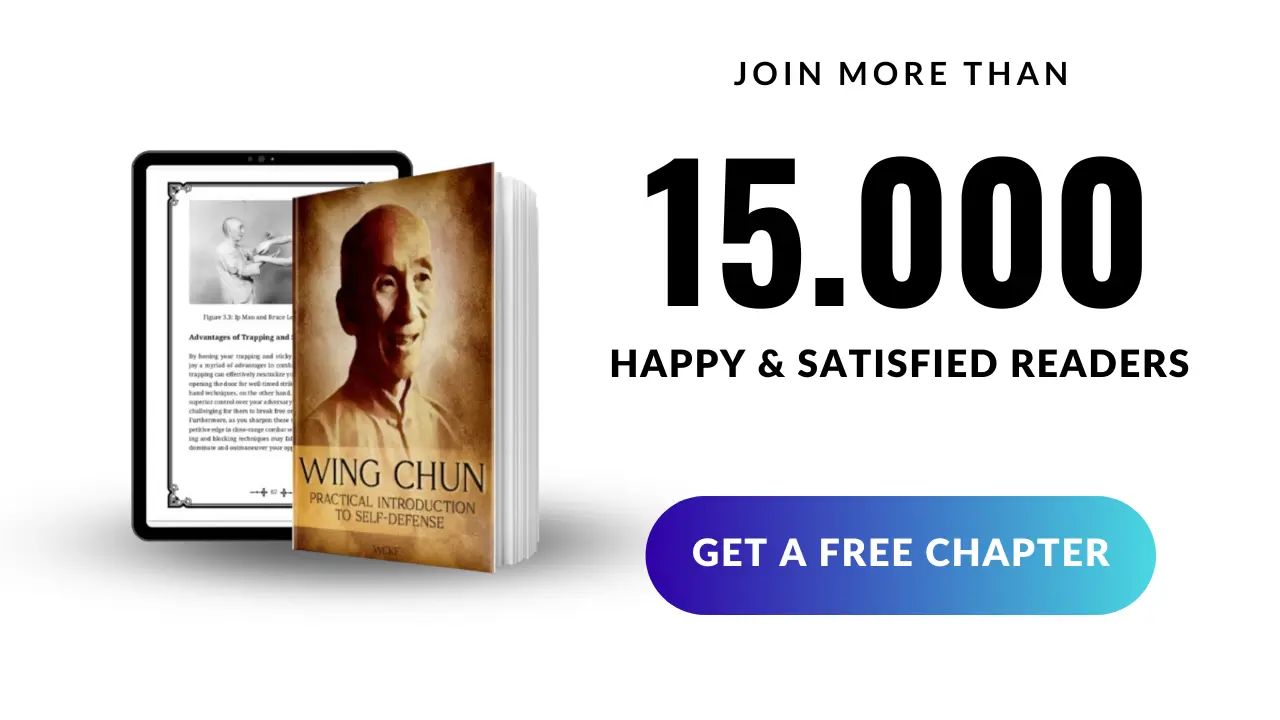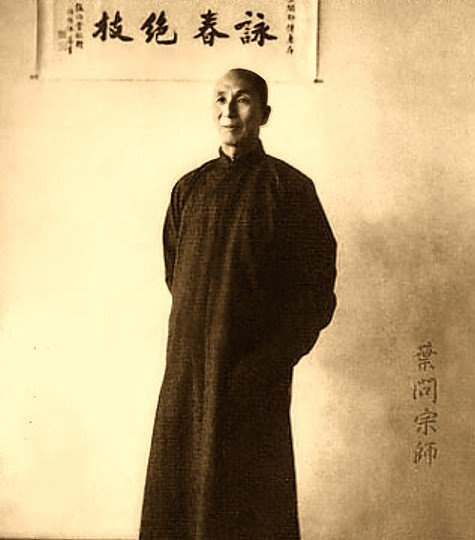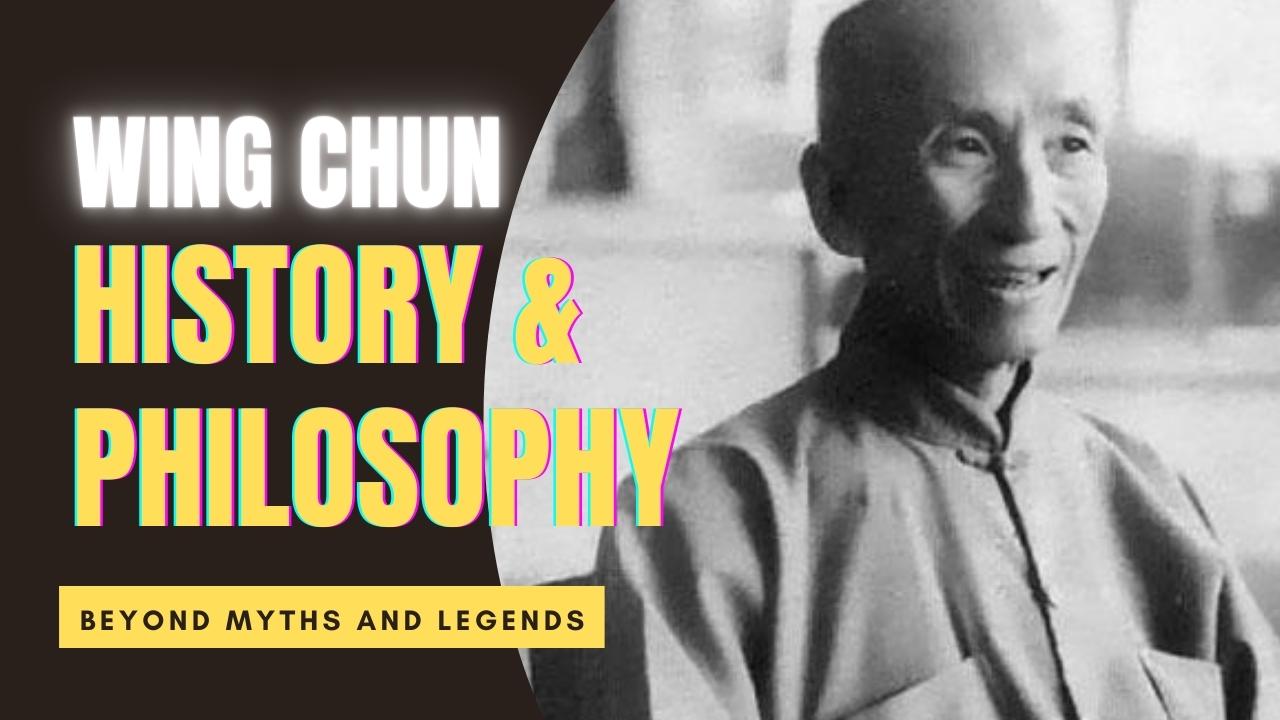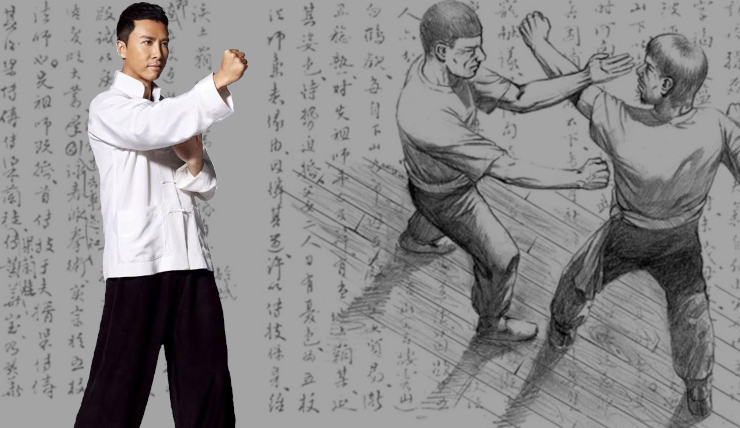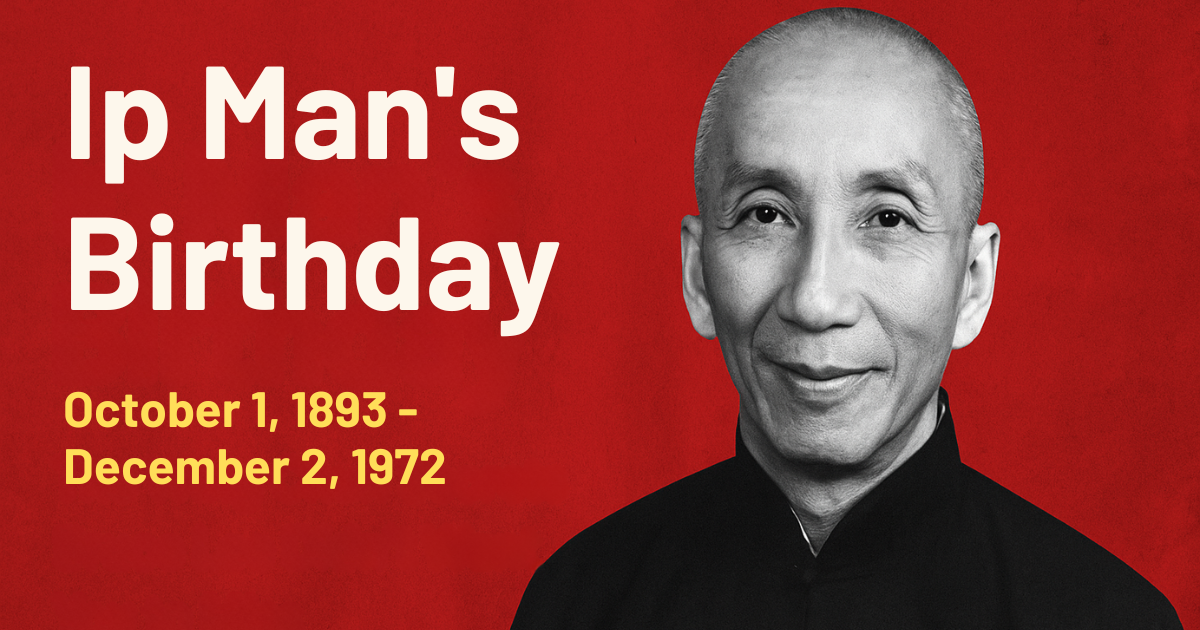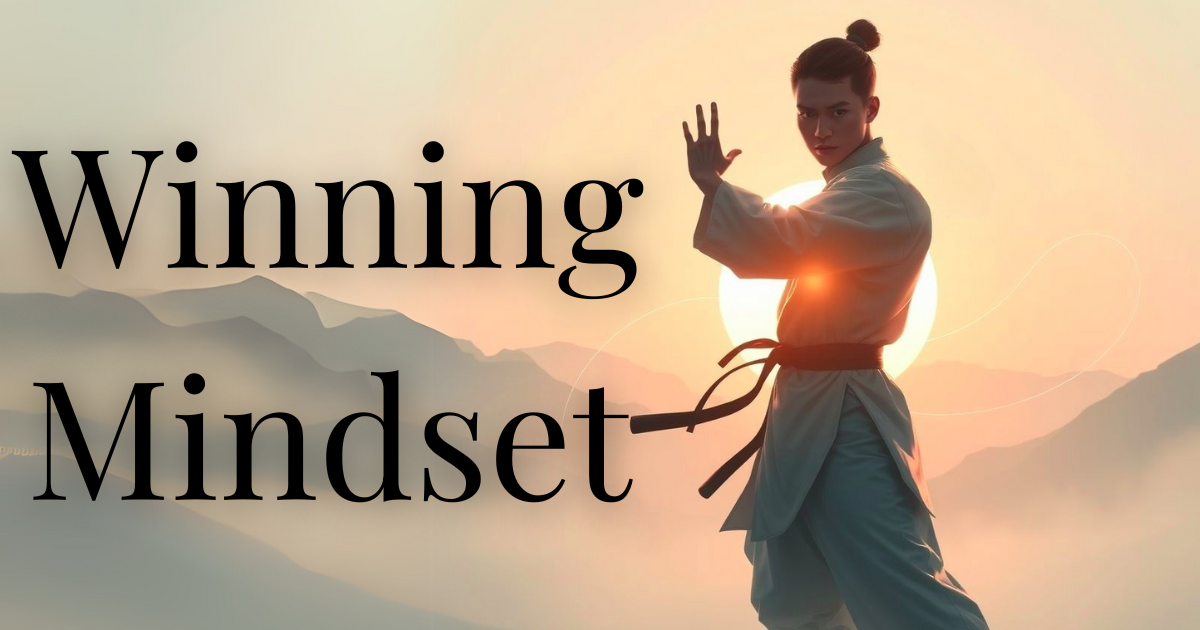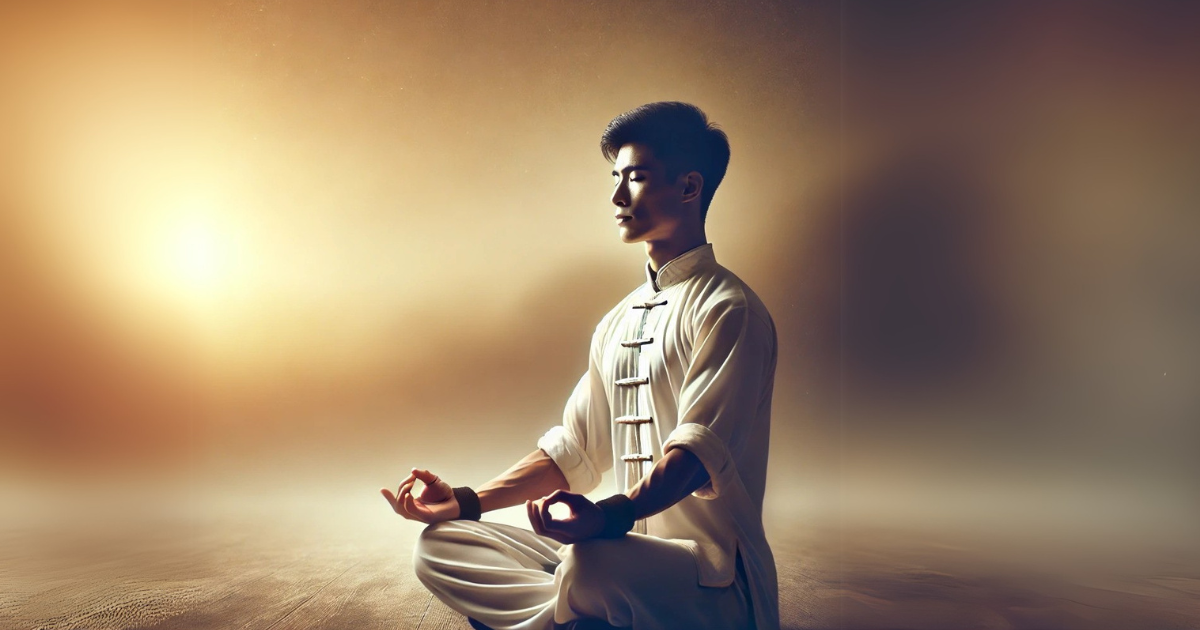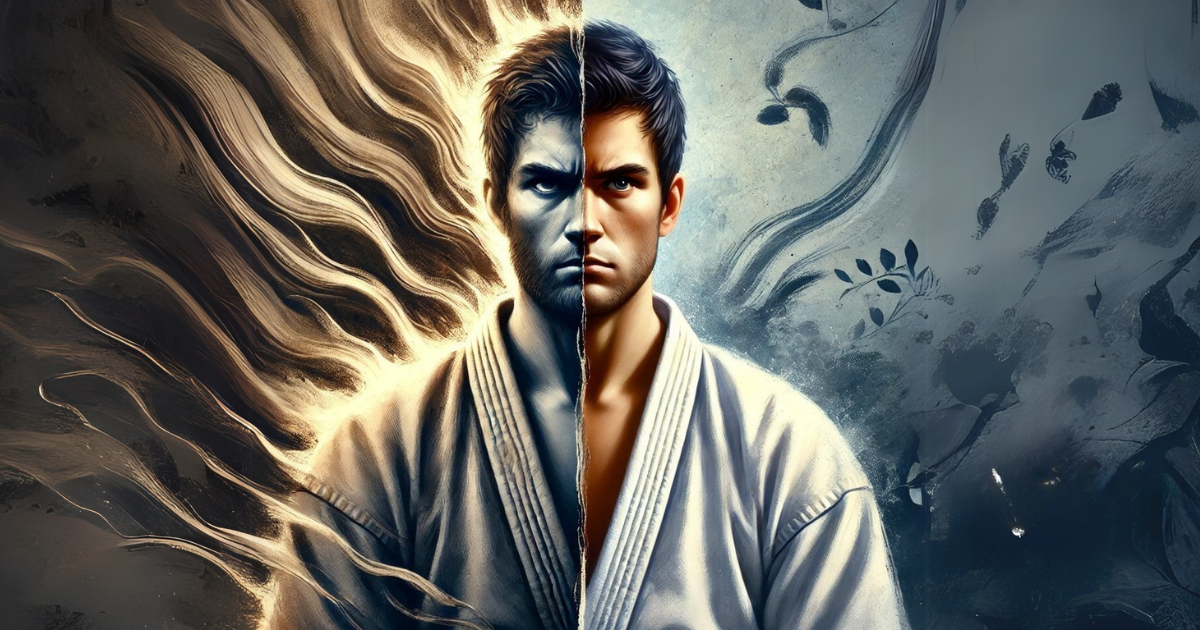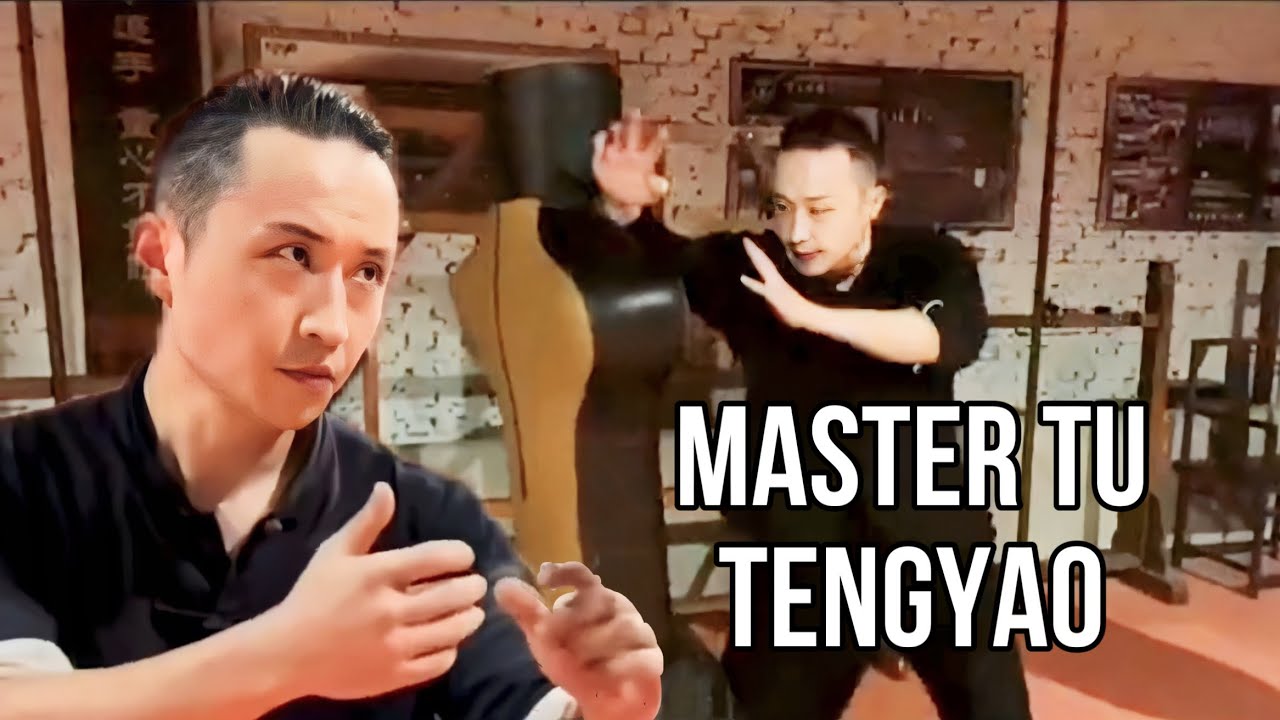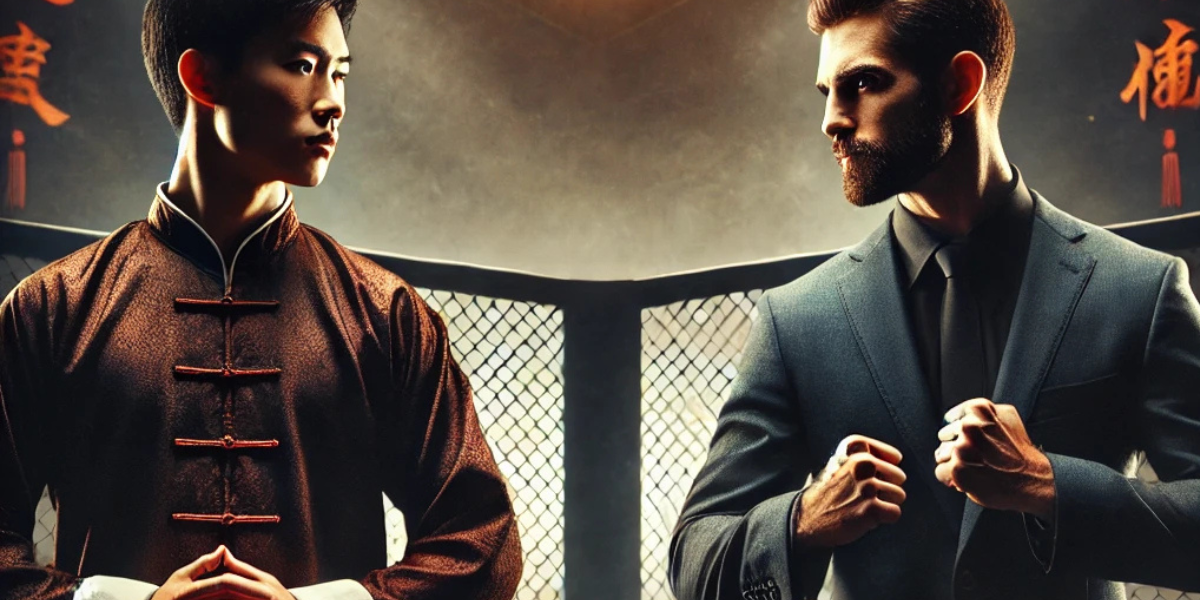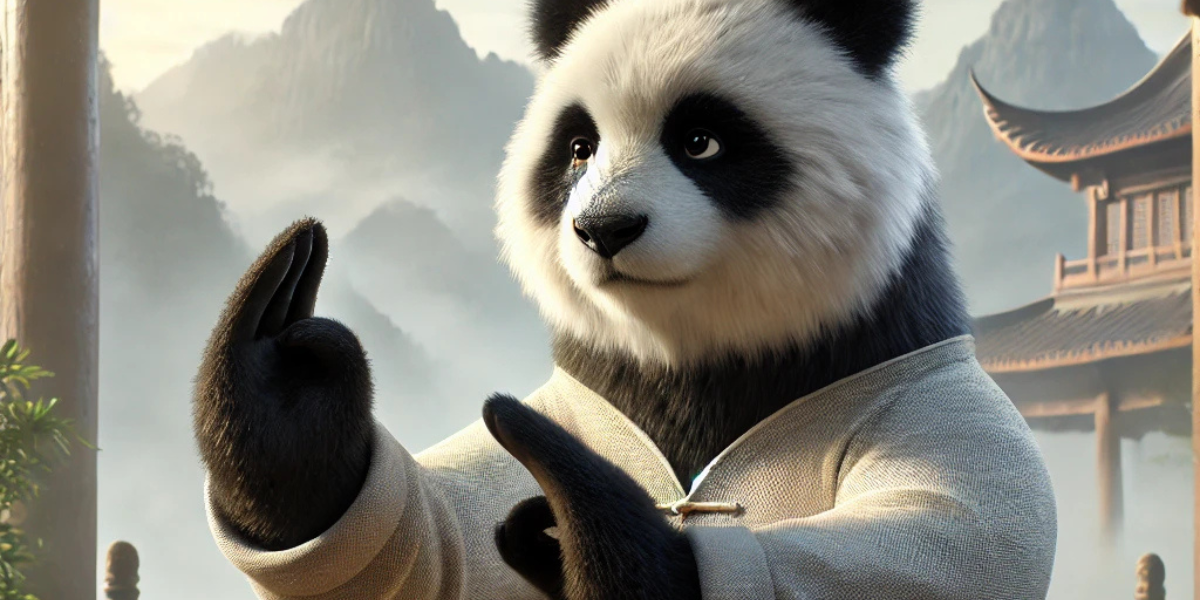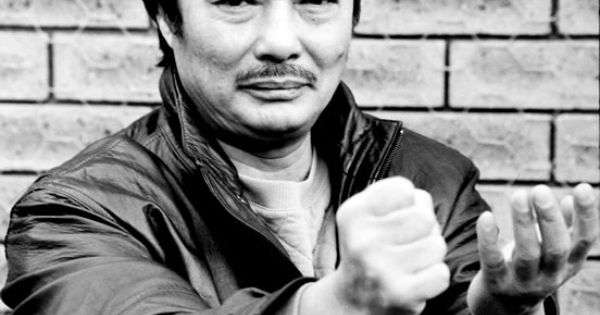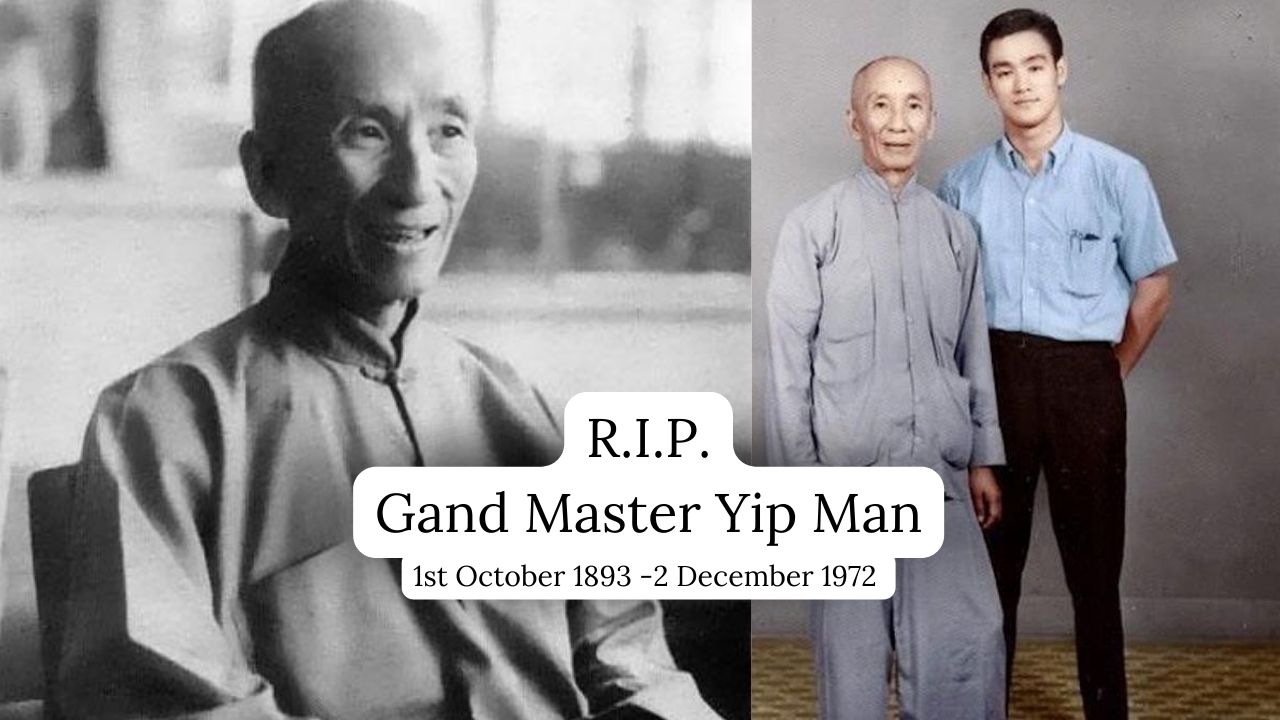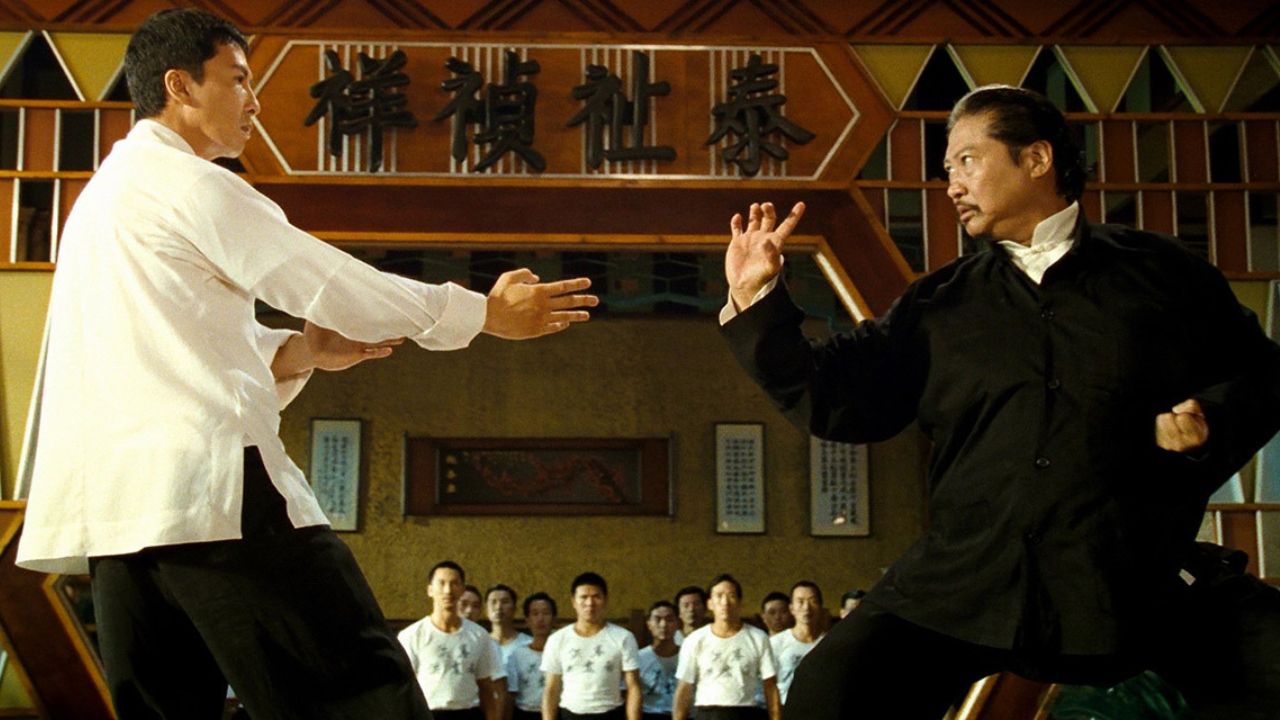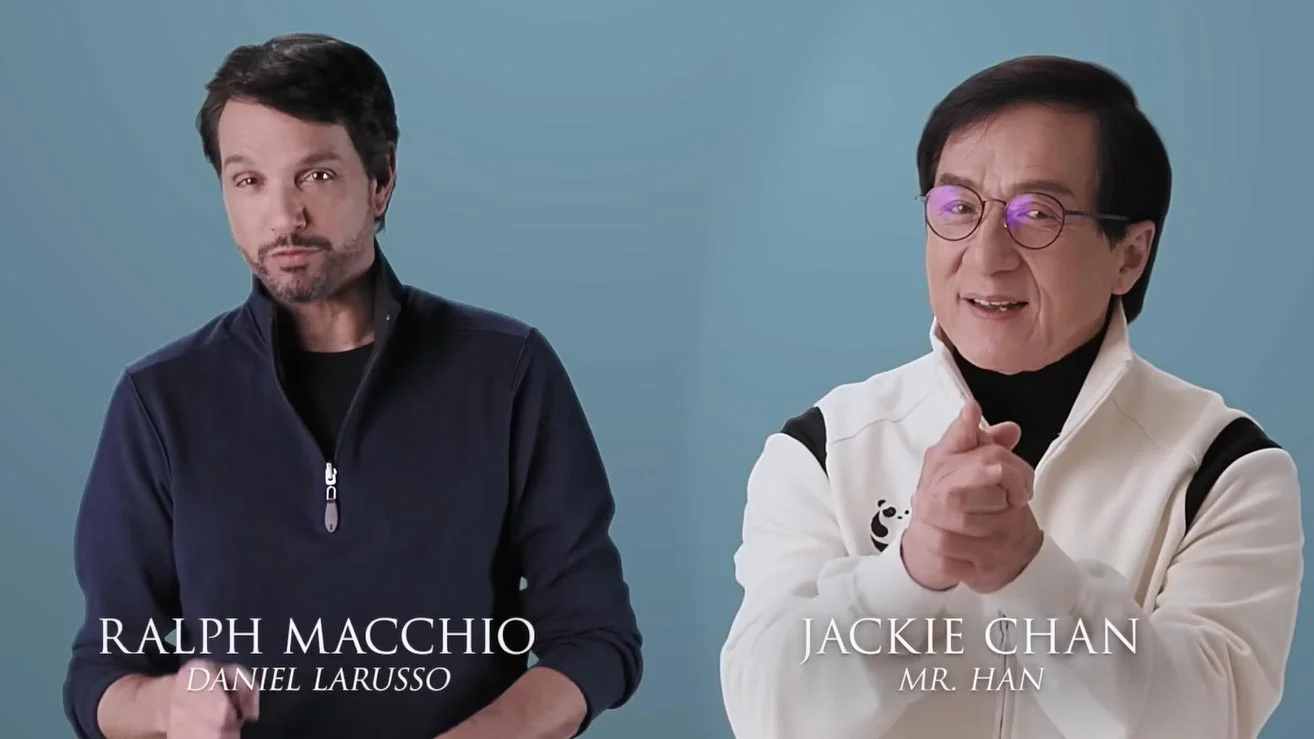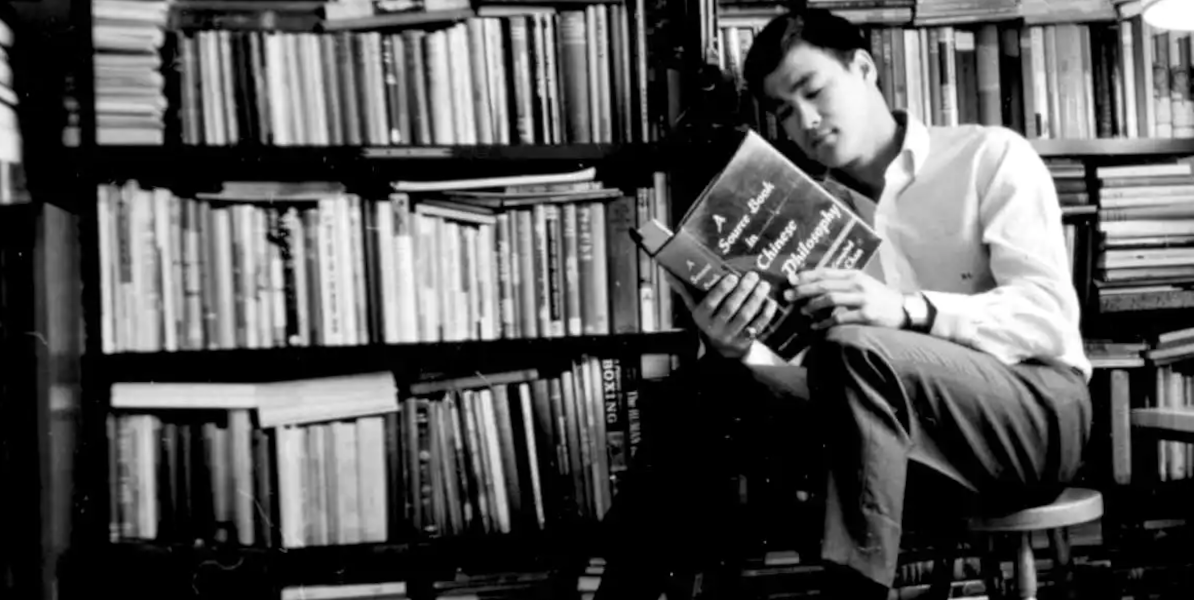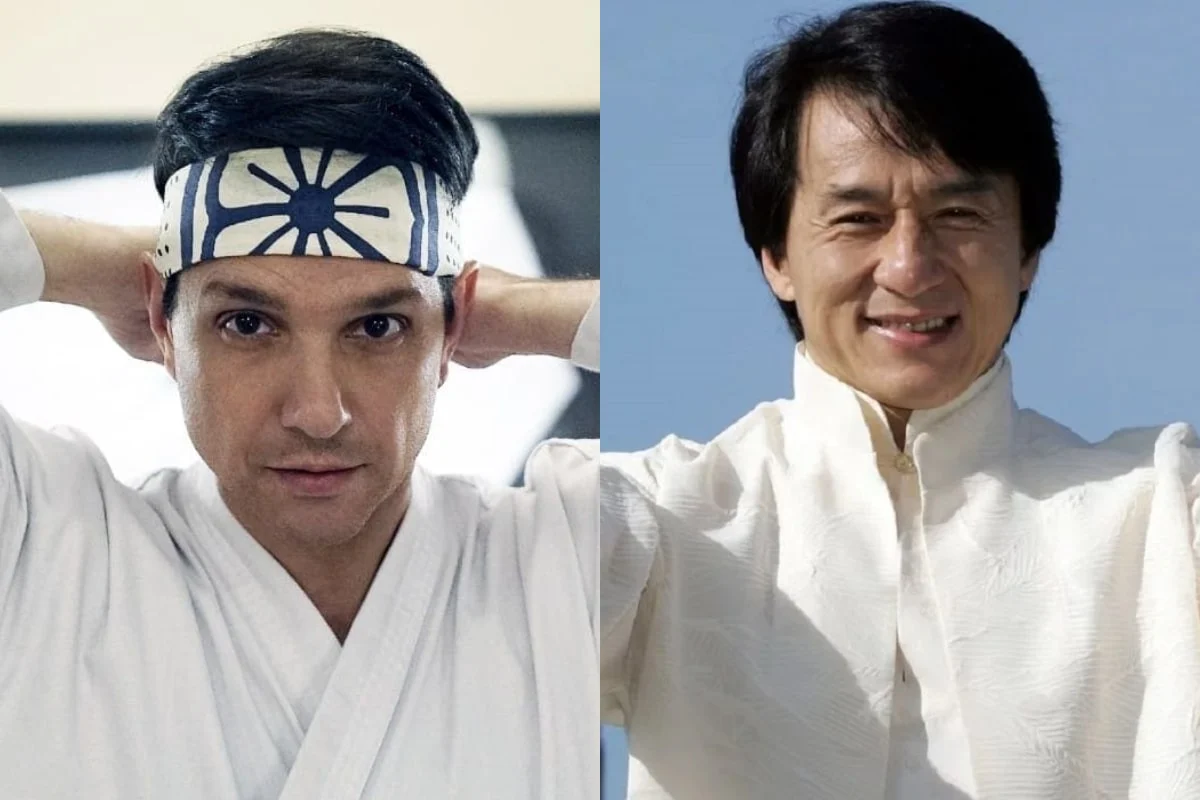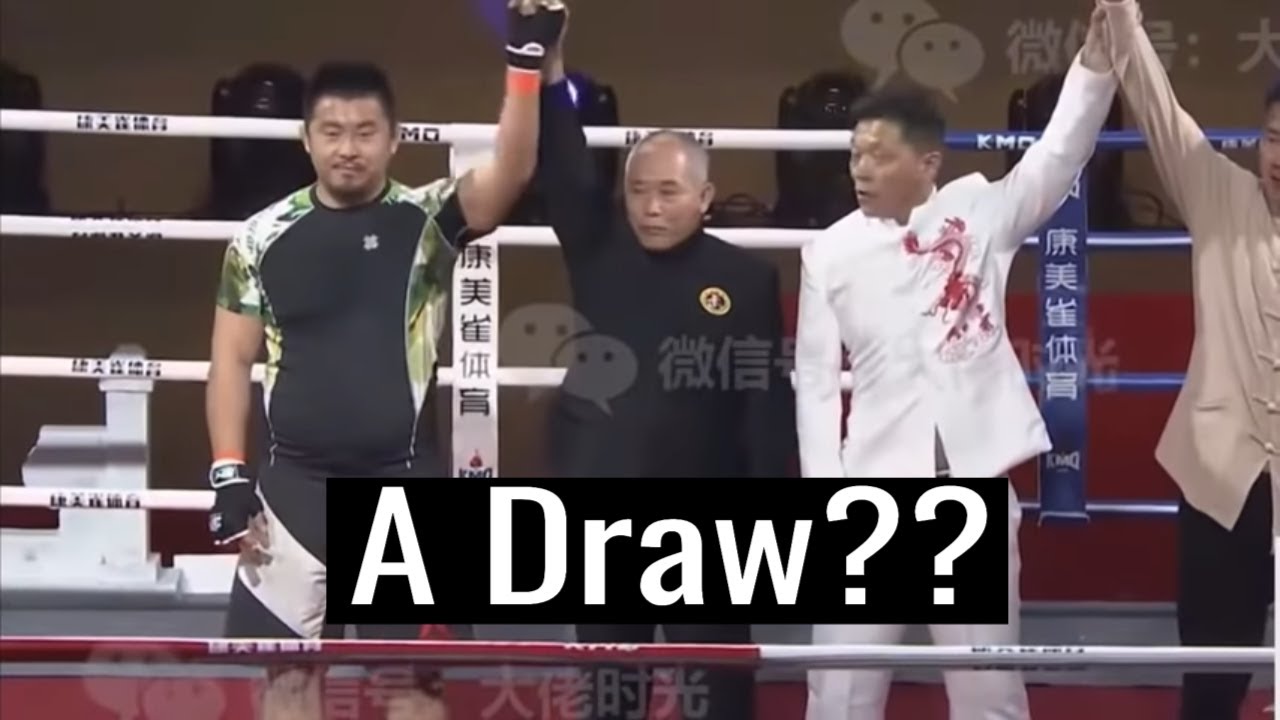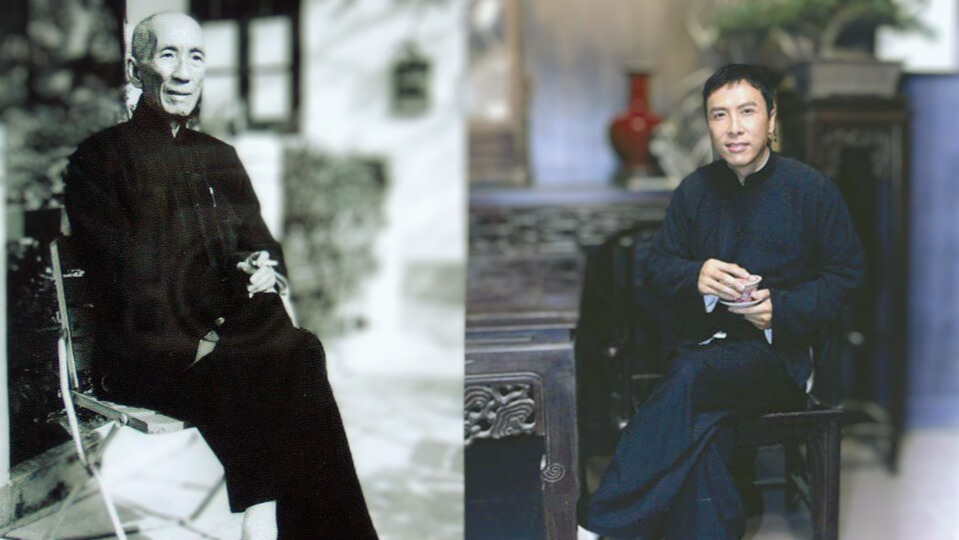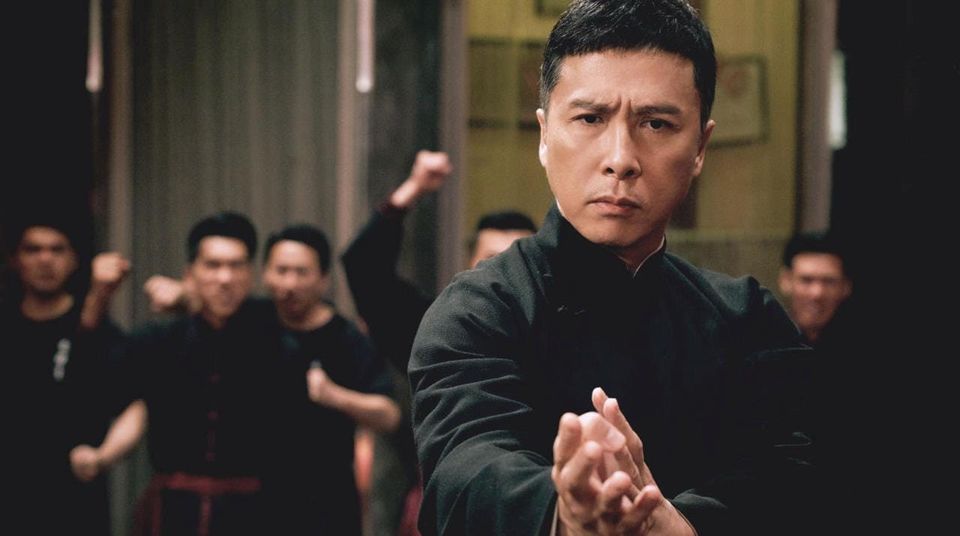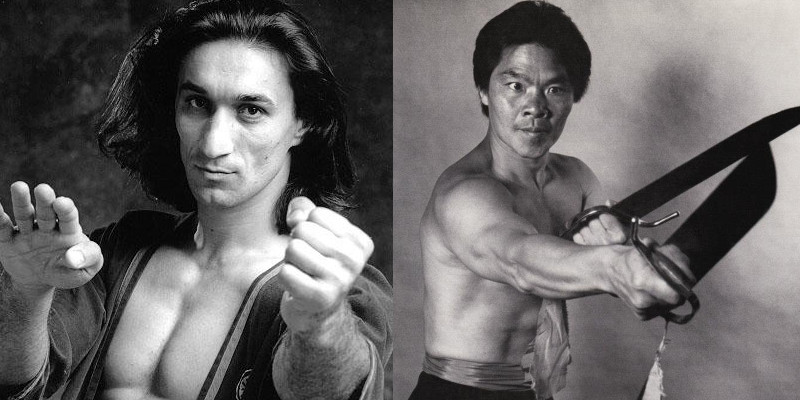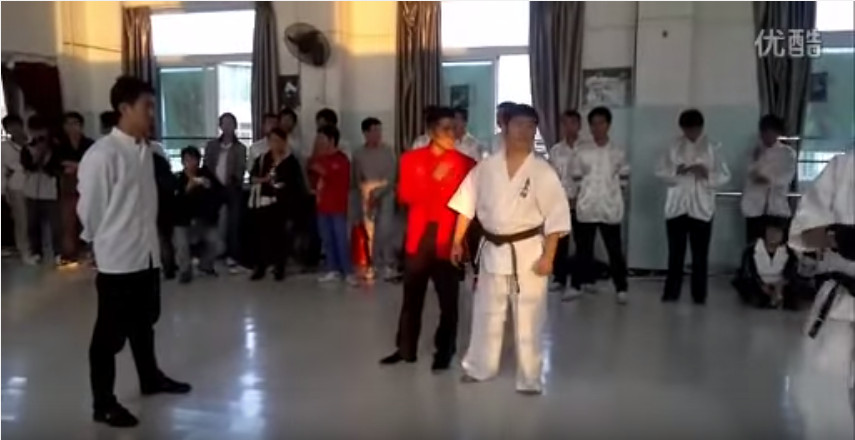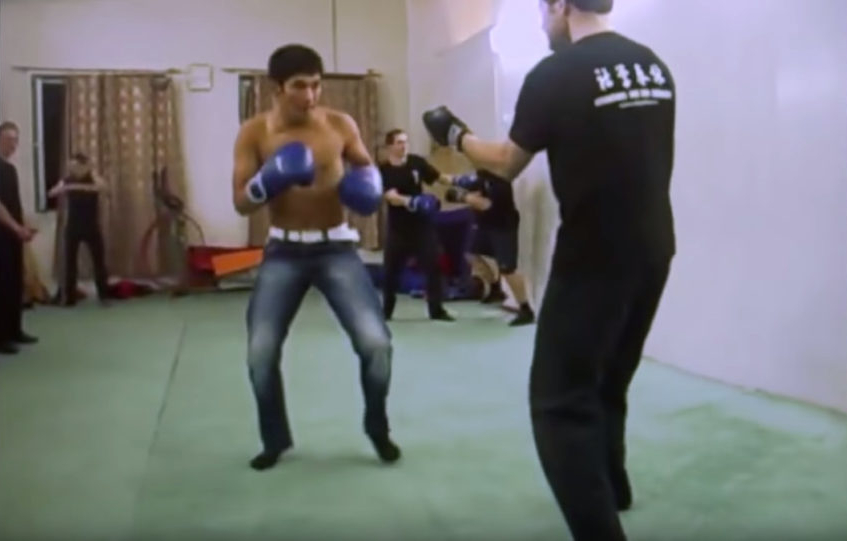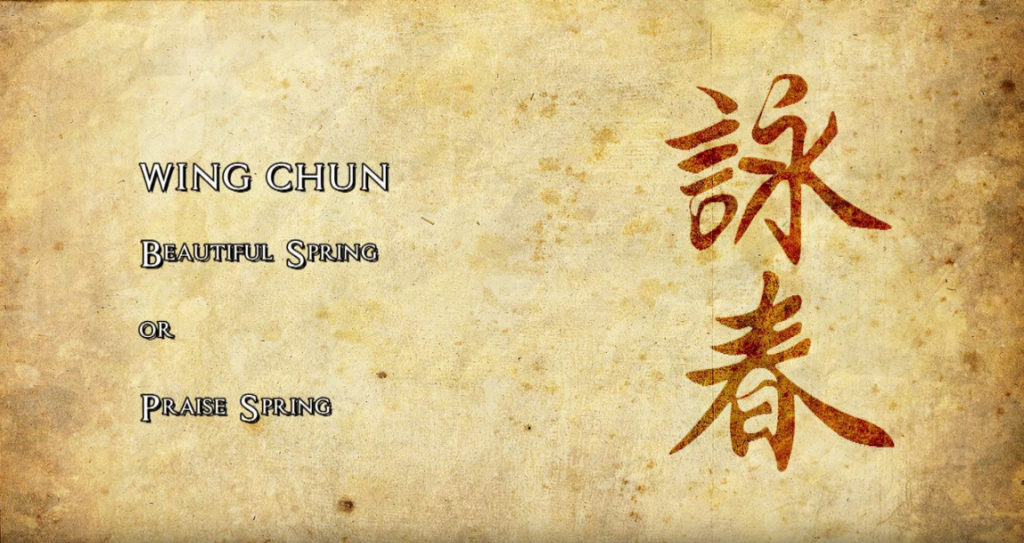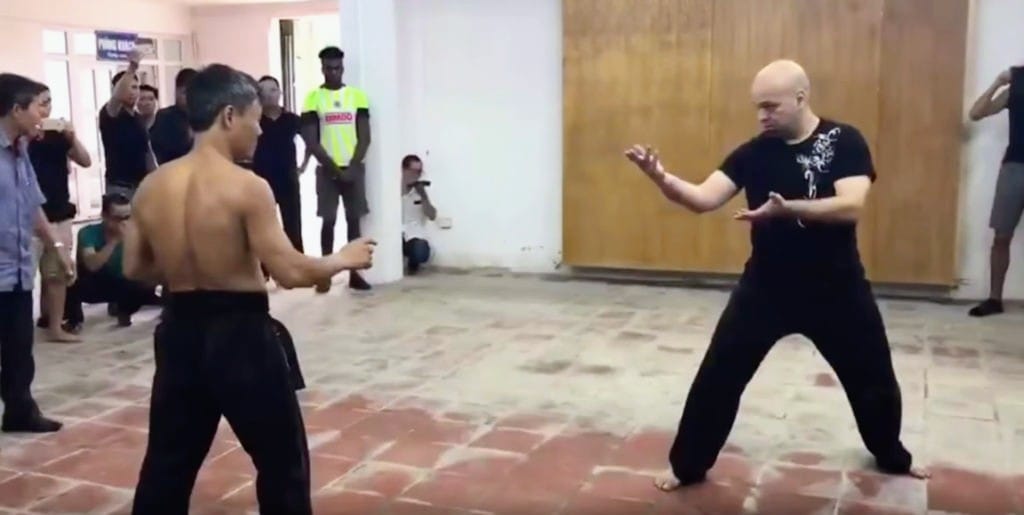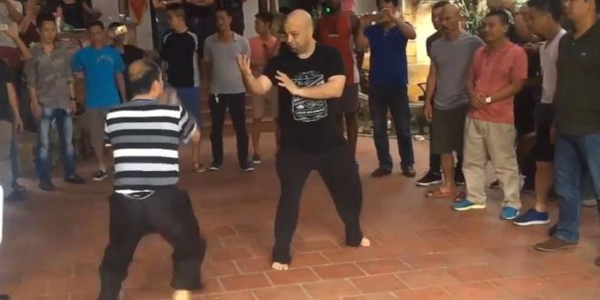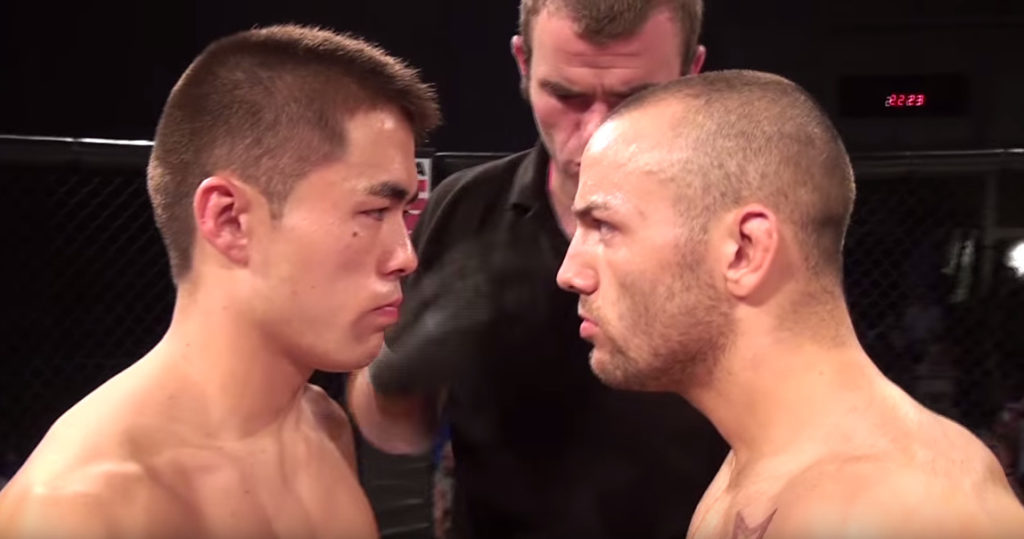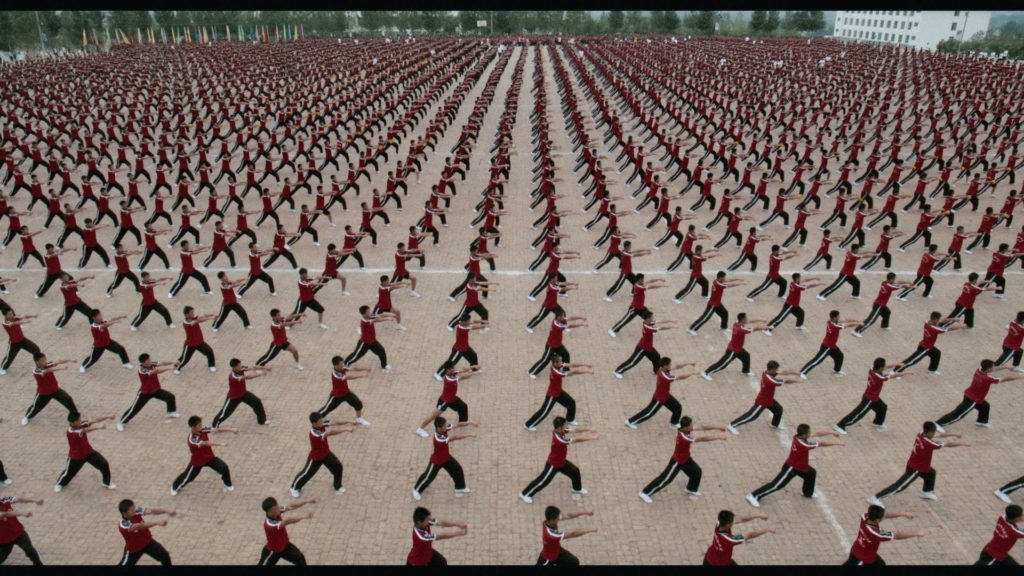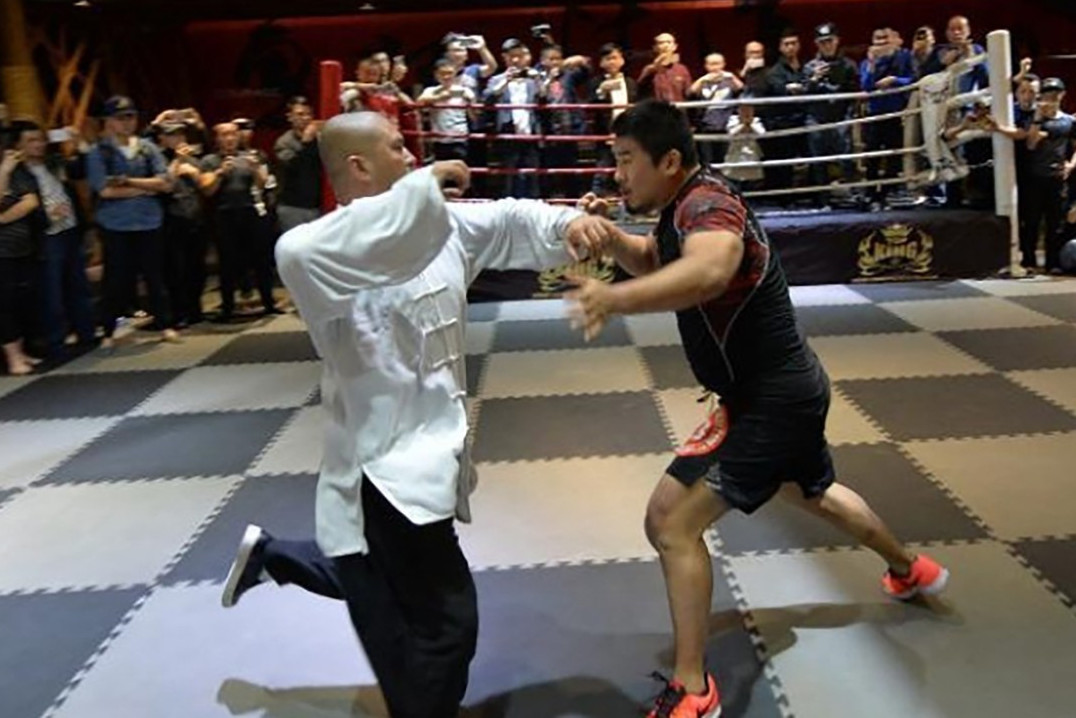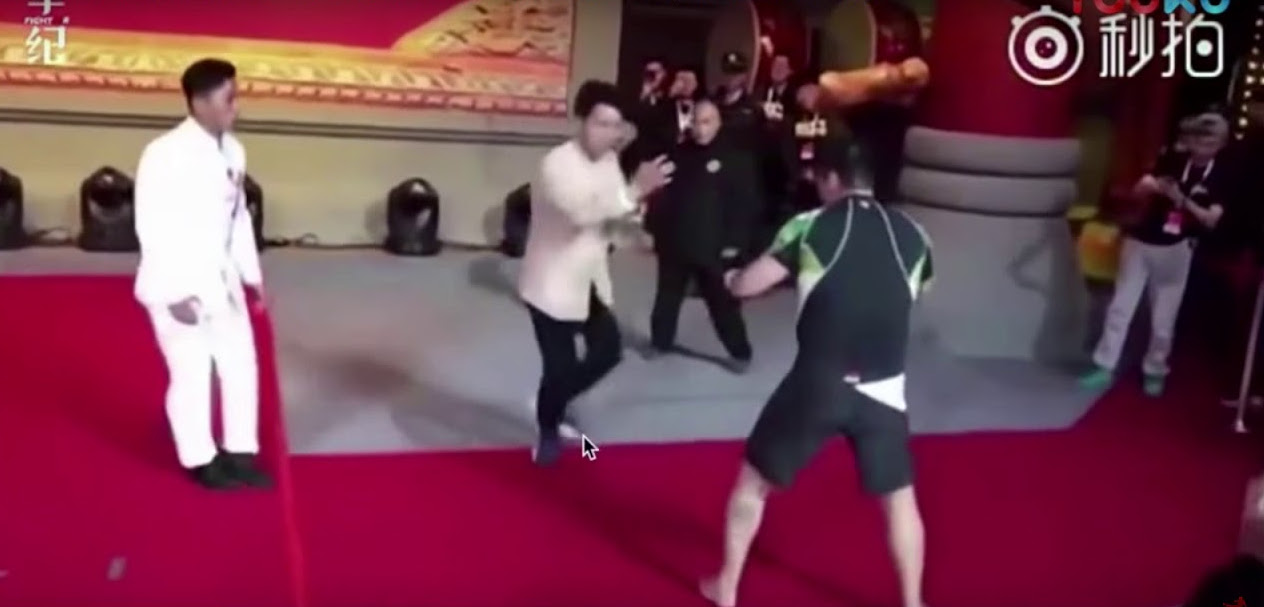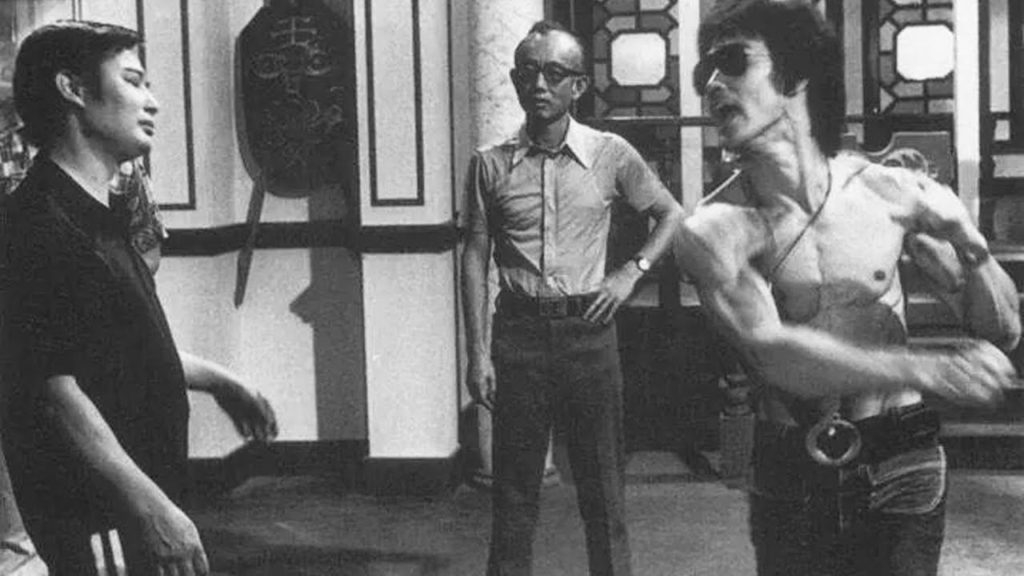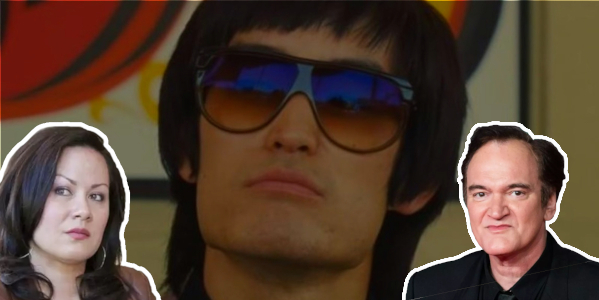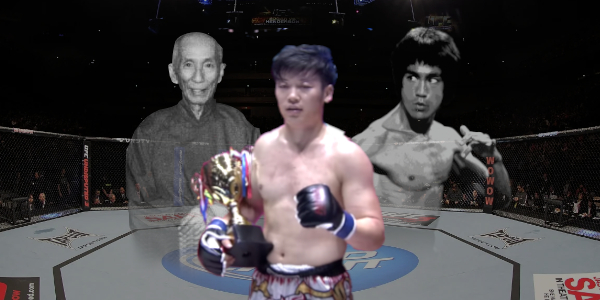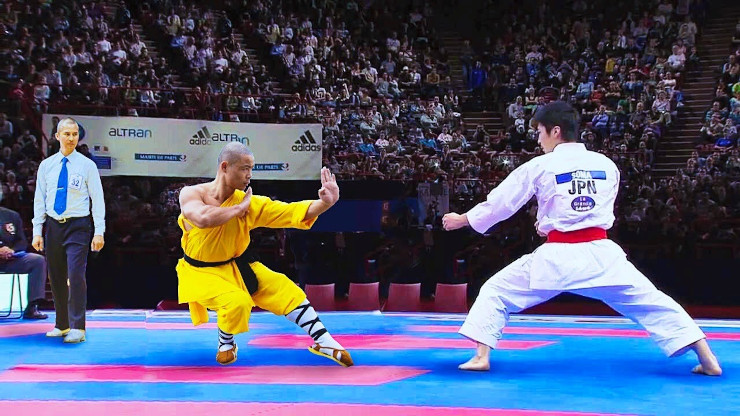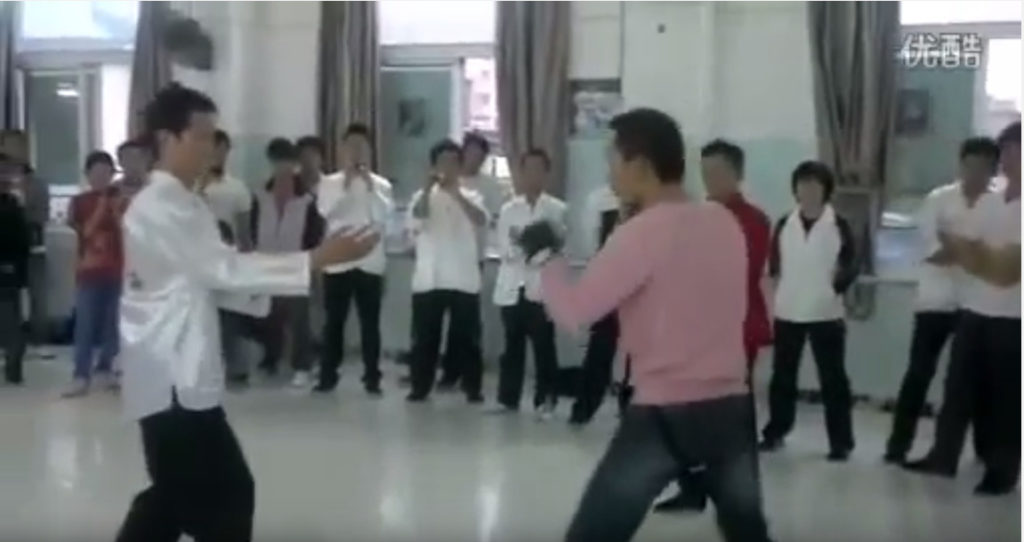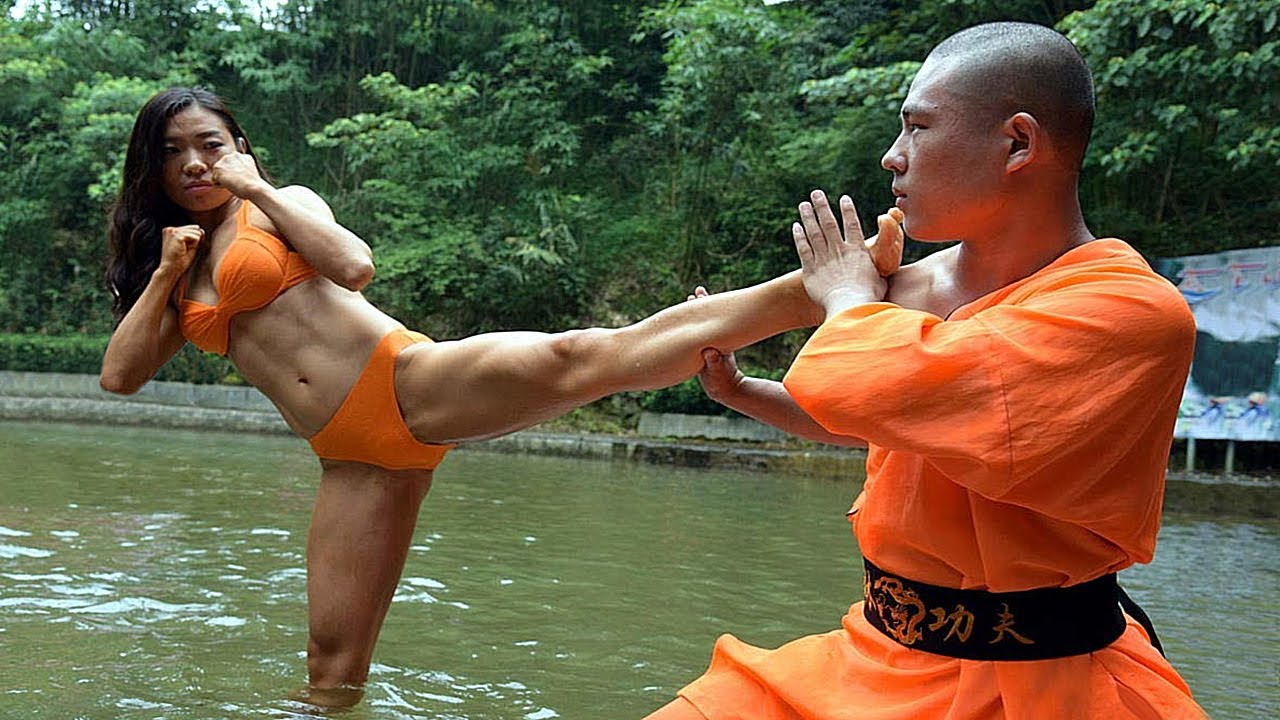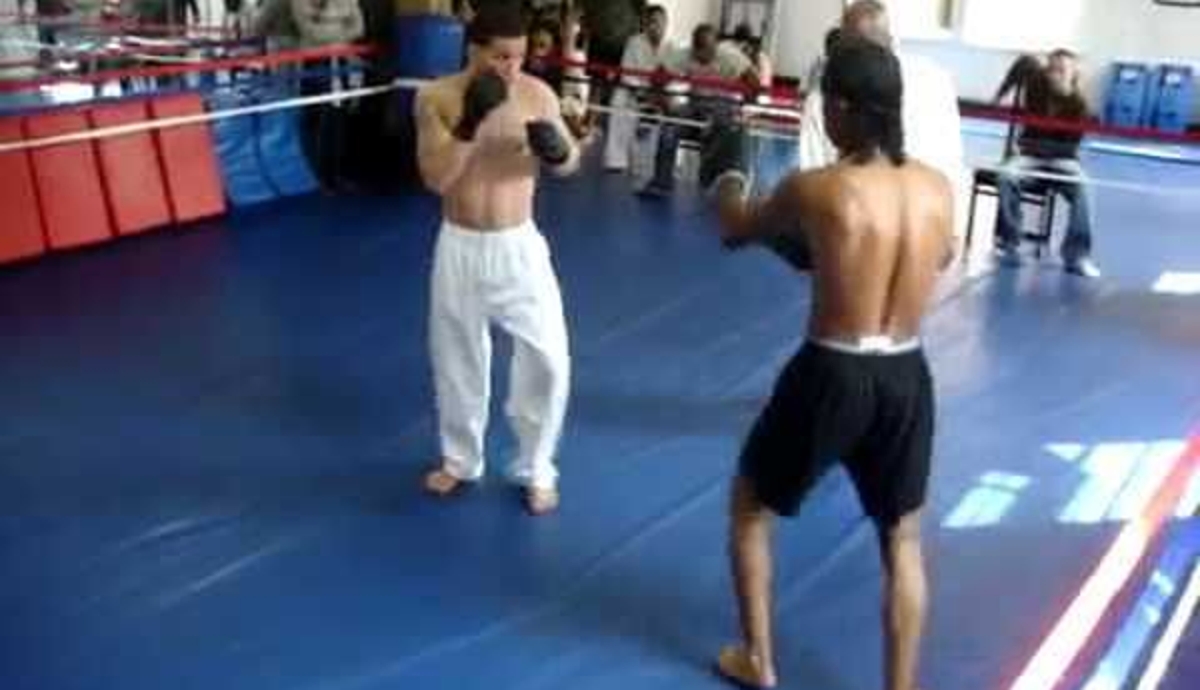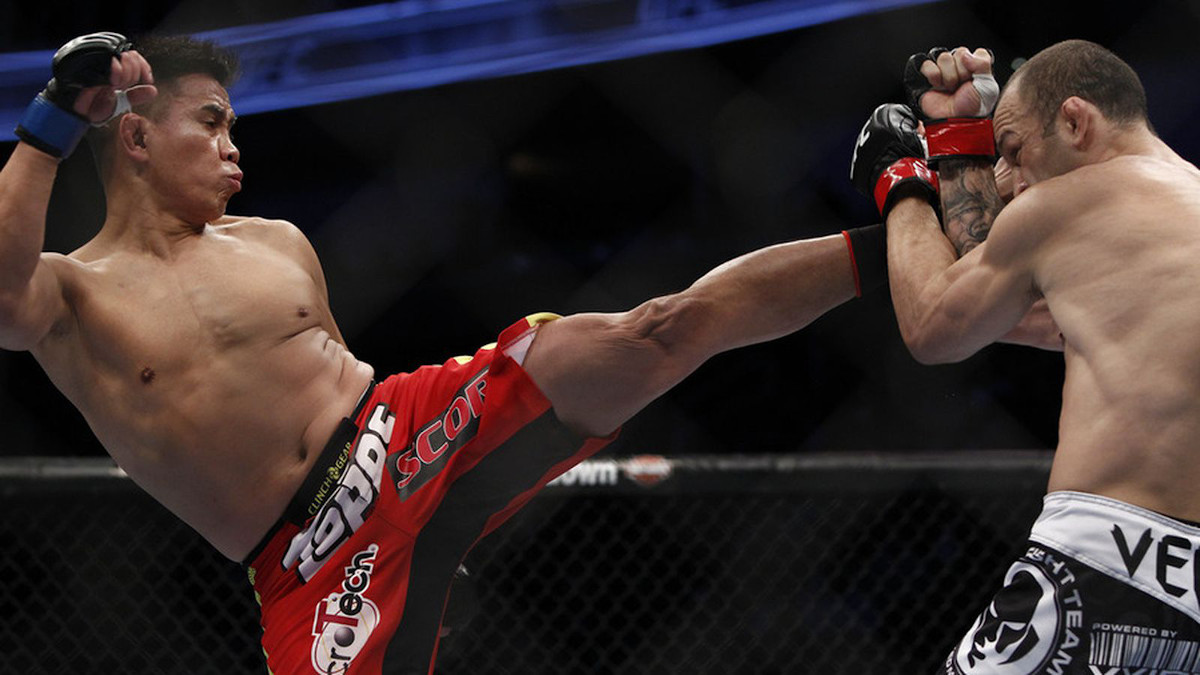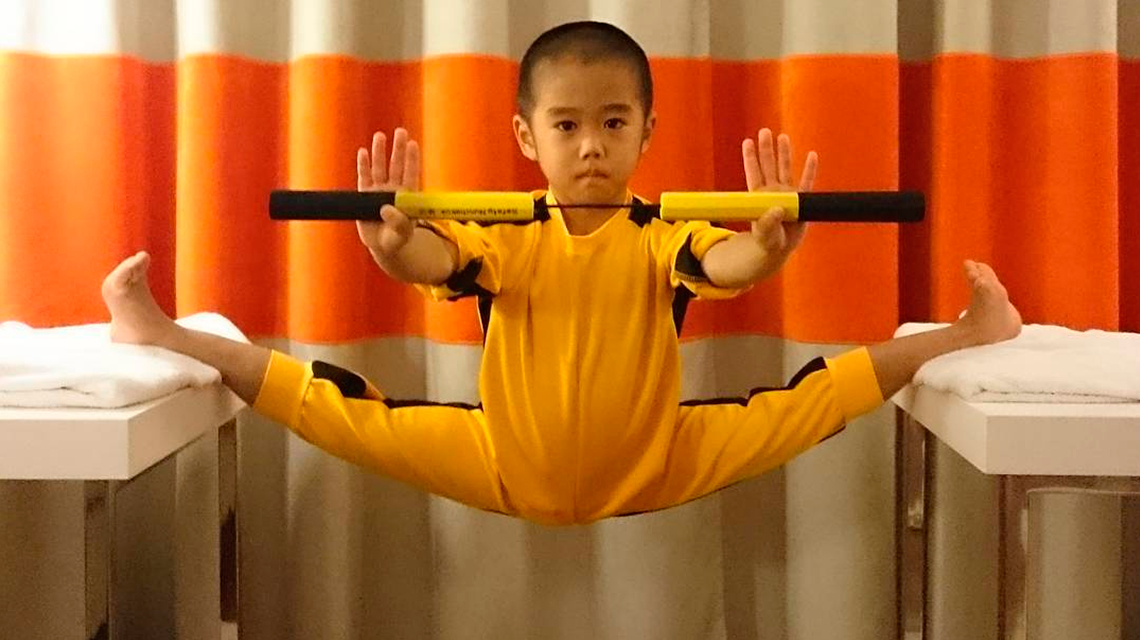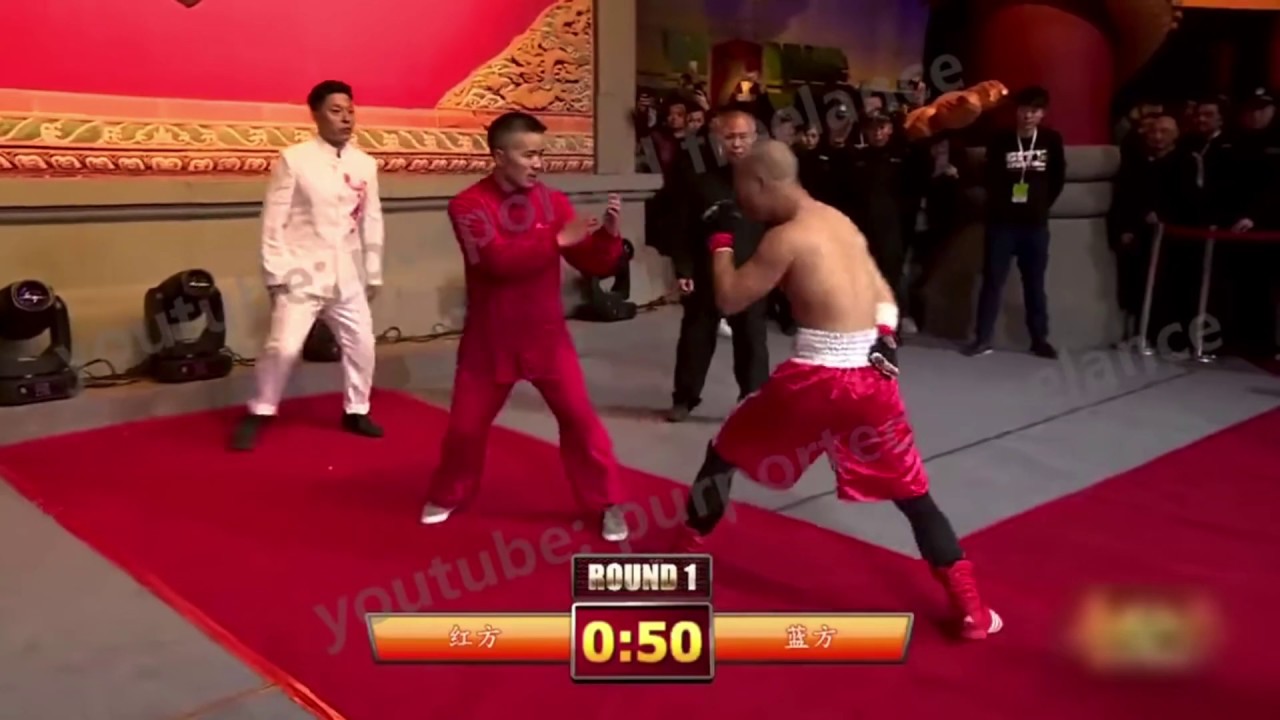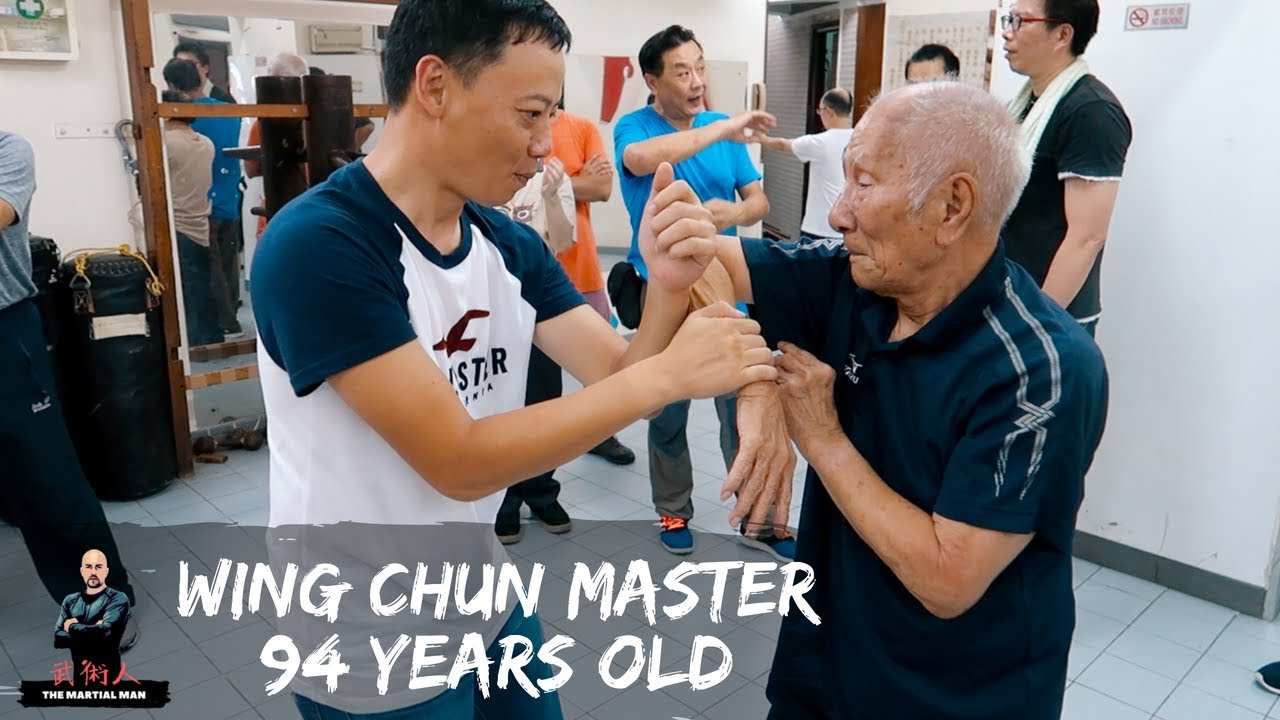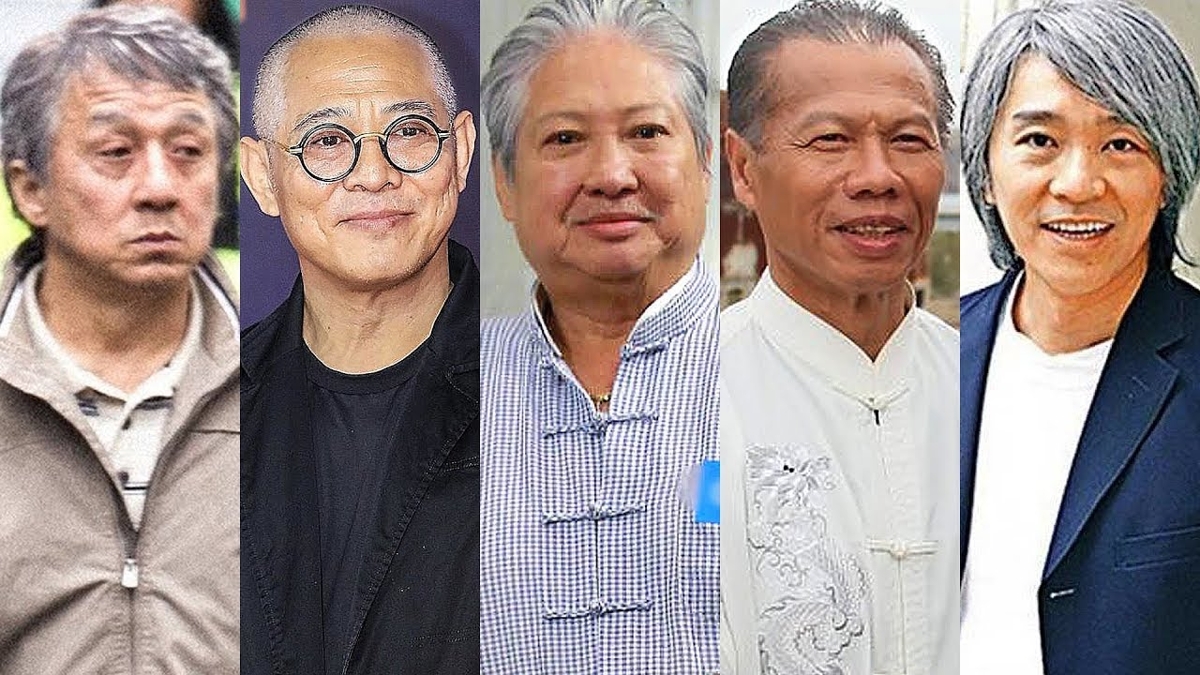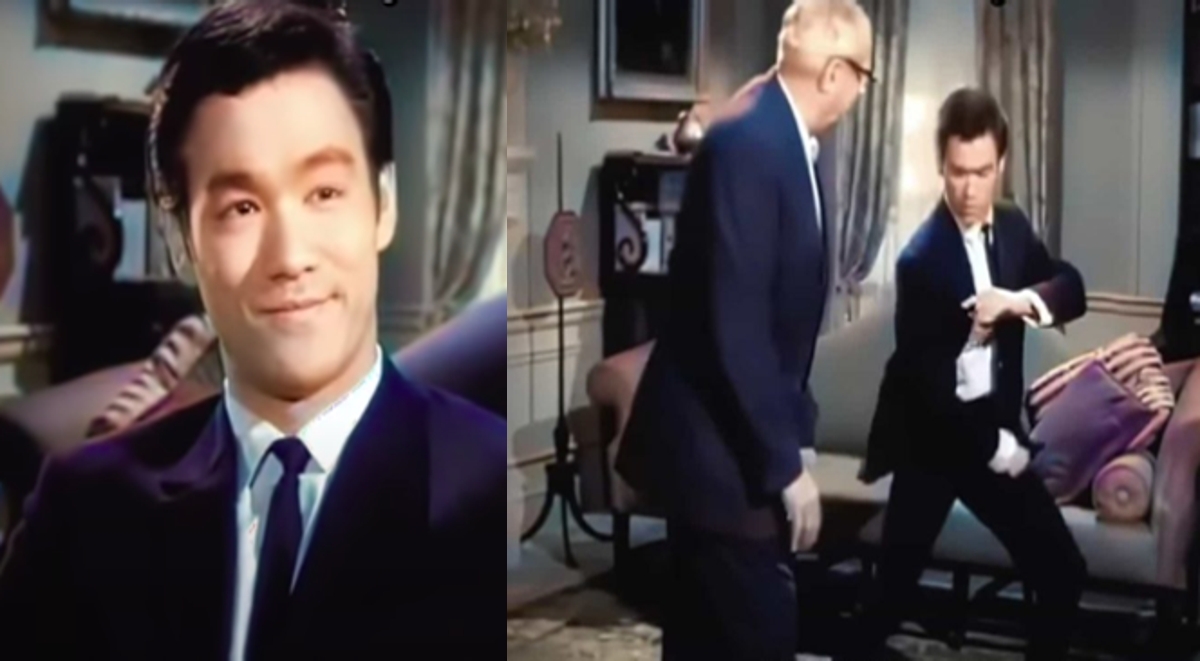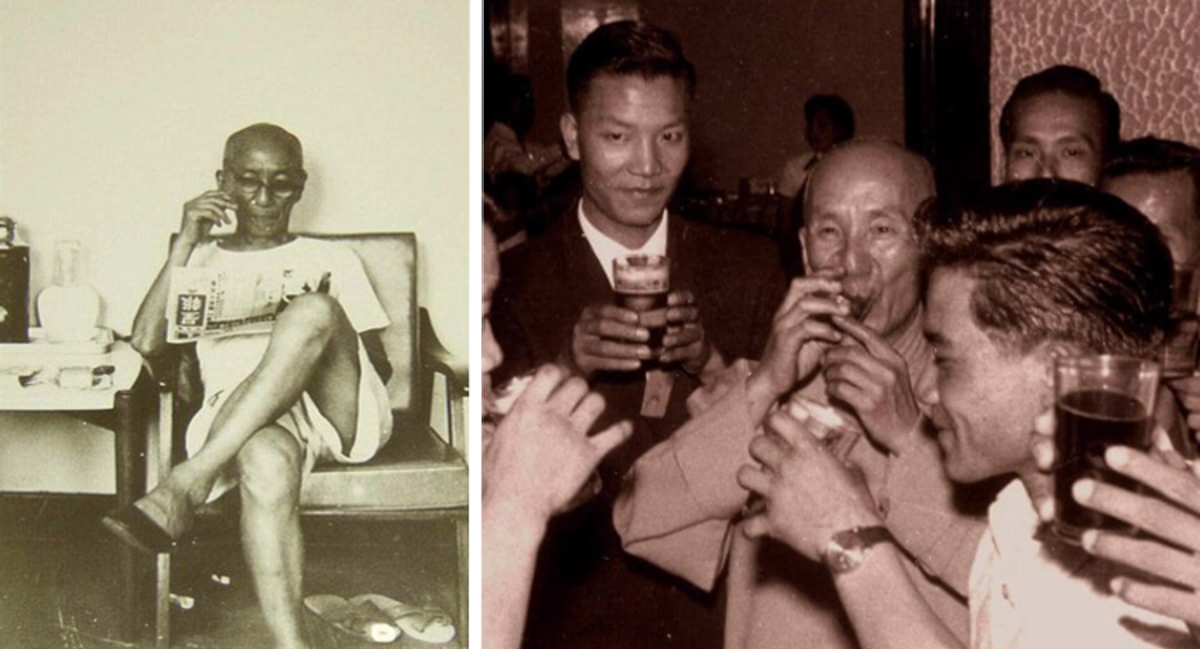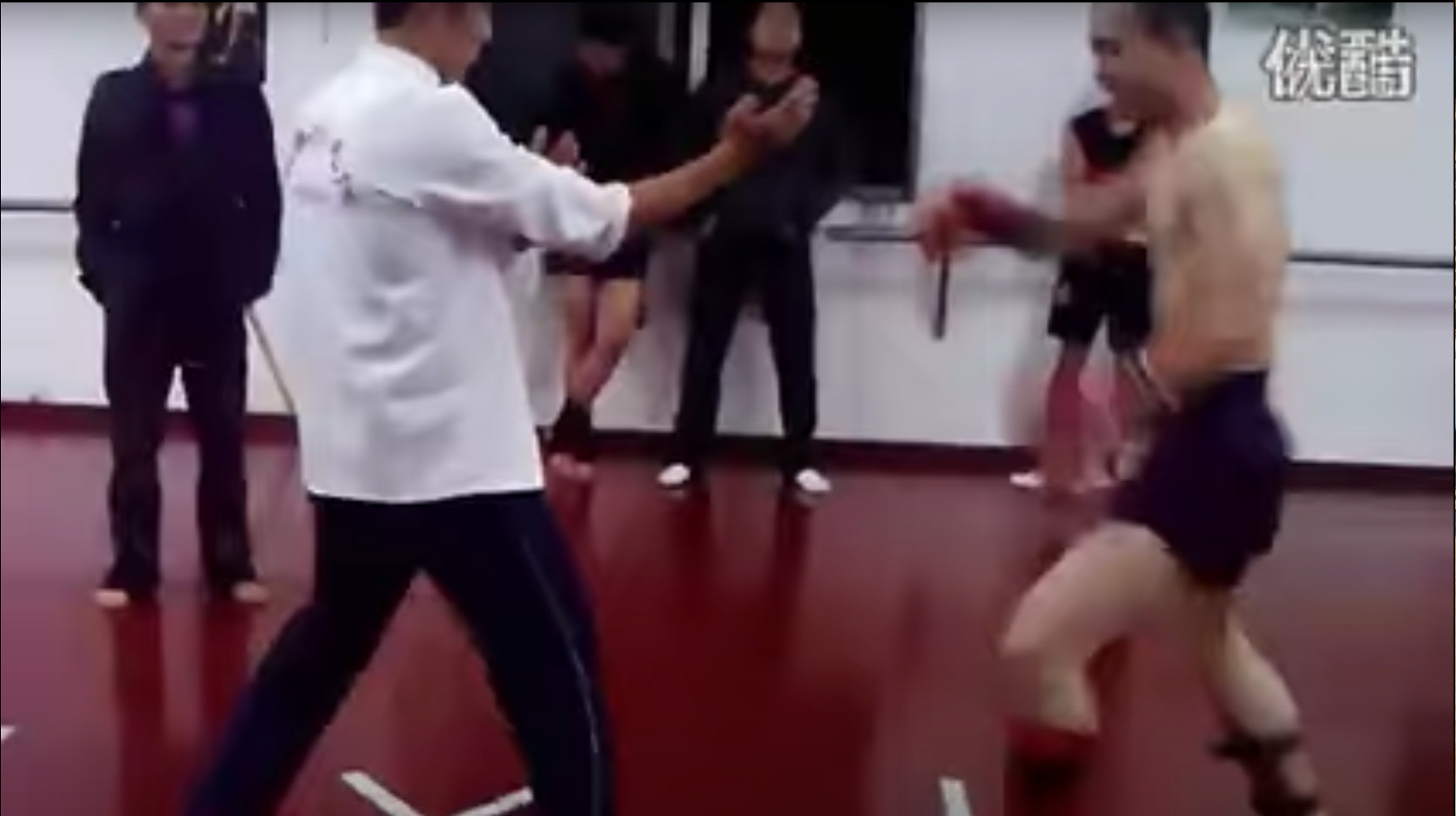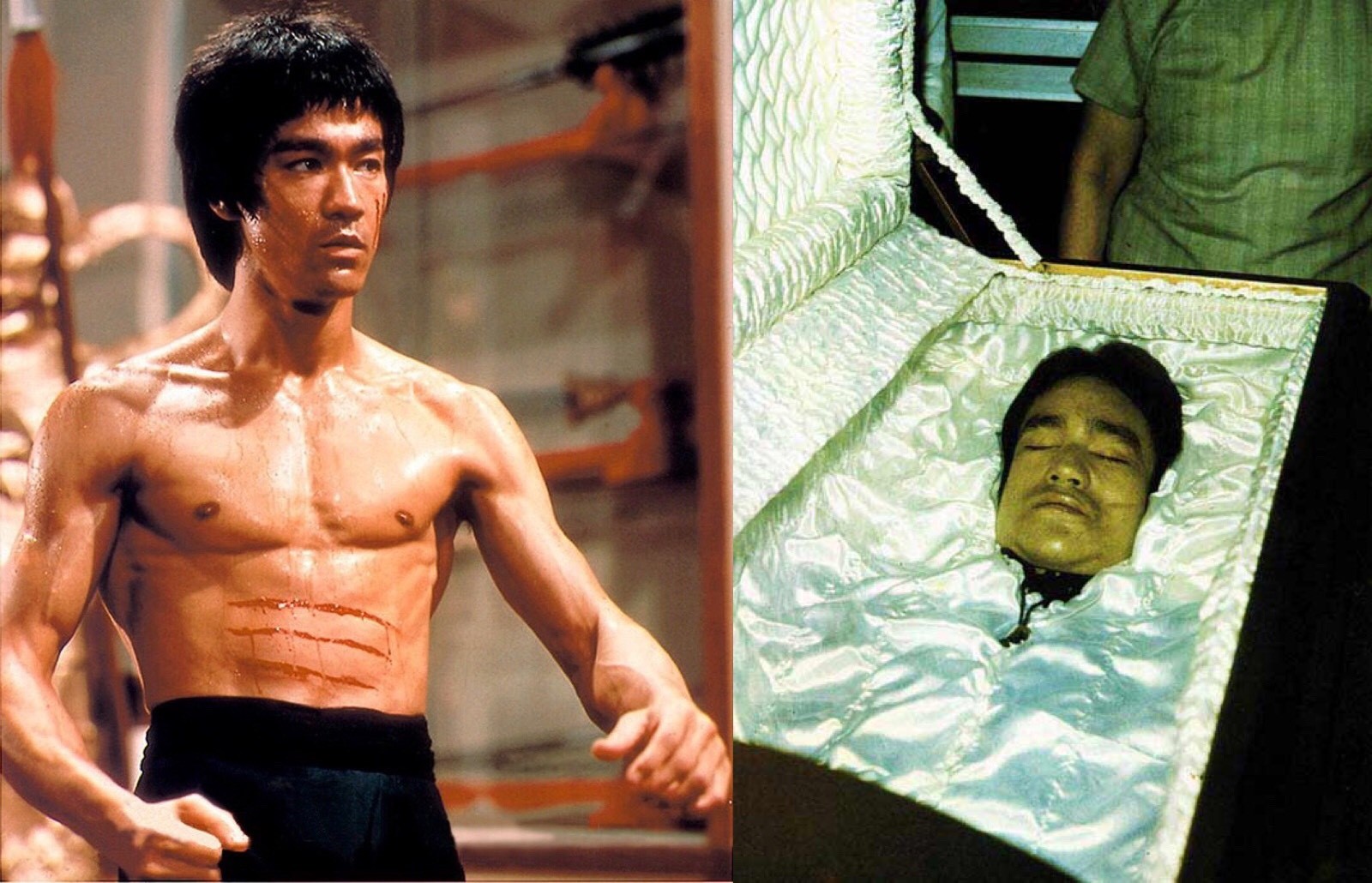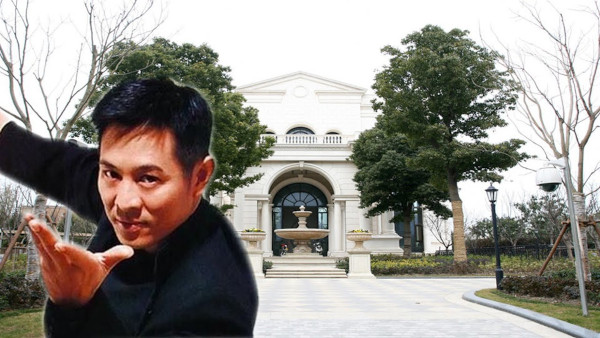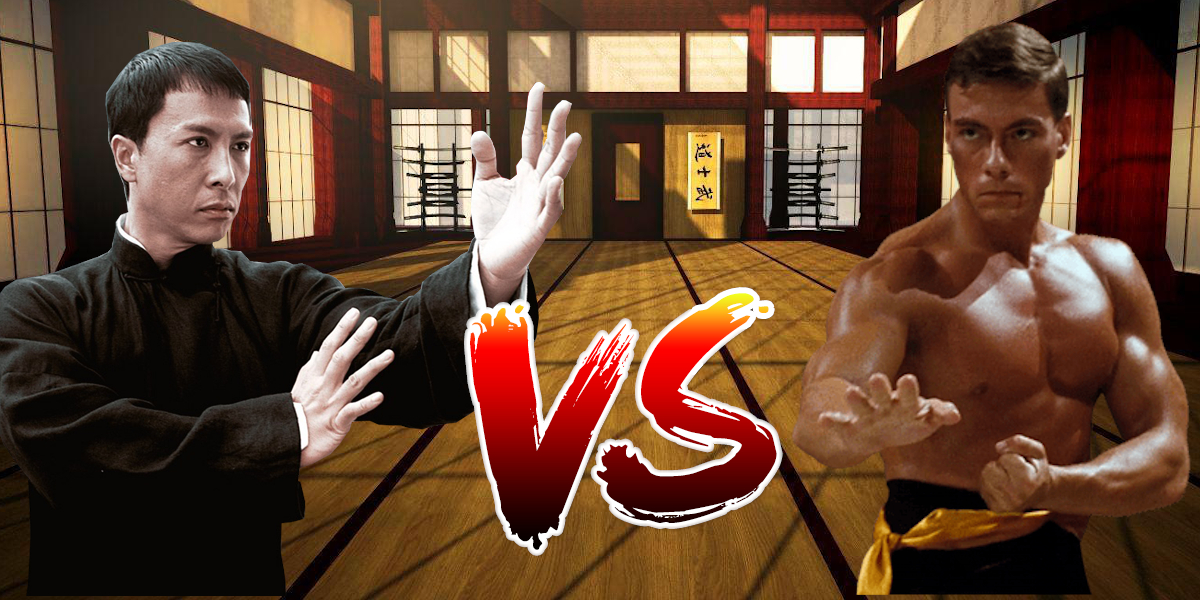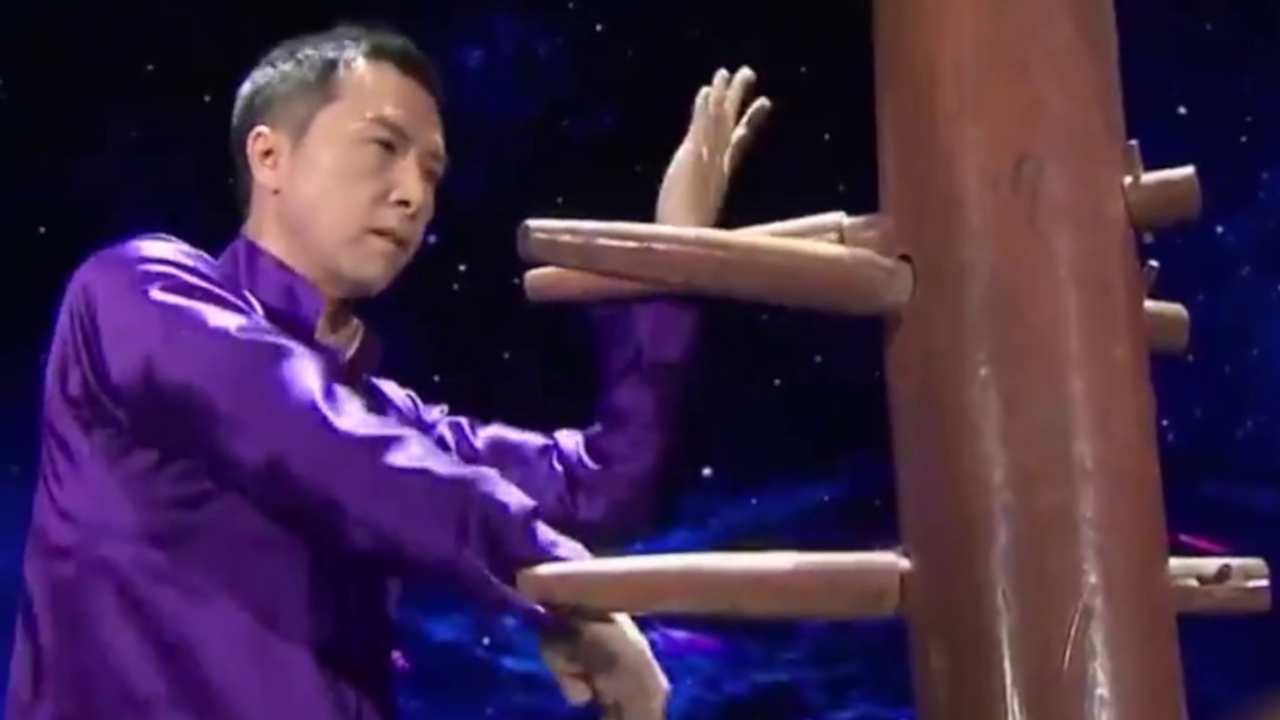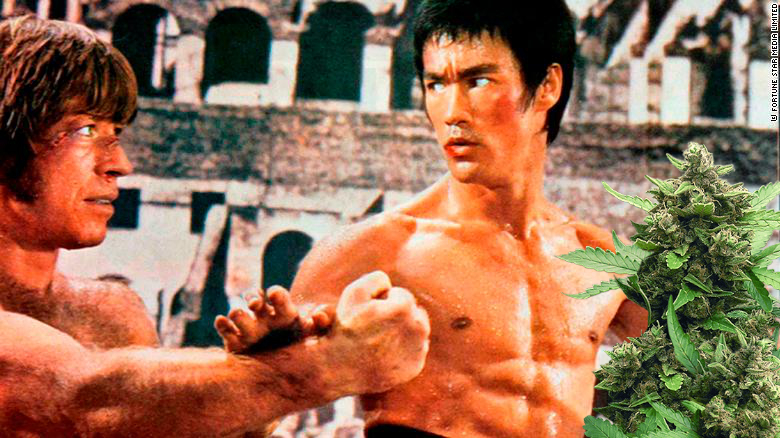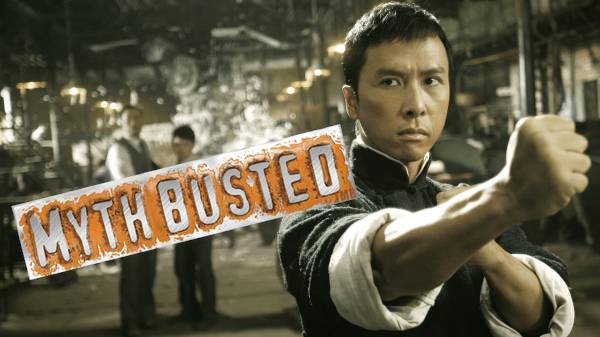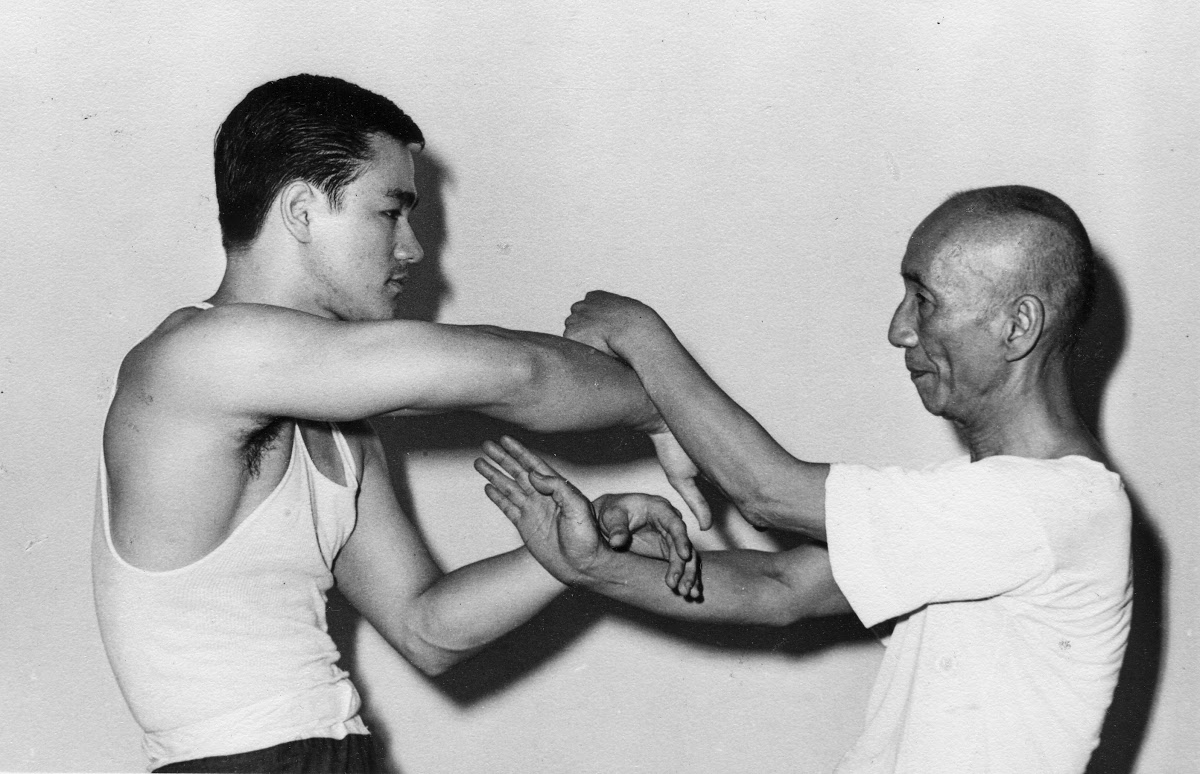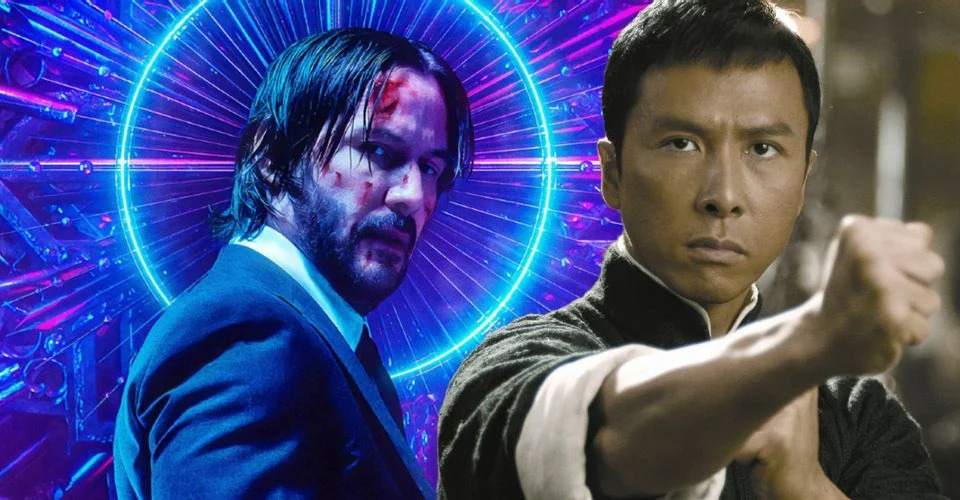Exploring Wing Chun: Beyond the Movements - The Philosophy and Art of Self-Defense
Reading time: 5 minutes
When a student embarks on the journey of learning Wing Chun, mastering its movements is just the beginning. The true essence of Wing Chun lies not merely in its forms, but in the philosophy that breathes life into these movements. Understanding this philosophy is akin to deciphering the logic behind the art, and the reasoning behind its stances, reactions, and techniques. This article aims to delve into the philosophy of Wing Chun, its approach to combat, and its origins. For more insights and advice, consider checking out our comprehensive e-book on the subject.
Wing Chun's Philosophy Unveiled
The philosophy of Wing Chun is an amalgamation of principles, deeply rooted in Chinese philosophies such as Taoism, Buddhism, and Confucian teachings. The ethos of Wing Chun revolves around simplicity, directness, and efficiency. It dismisses excessive flair in favor of practicality, preferring a straightforward approach rather than unnecessary complexity.
This martial art promotes a raw and honest approach, demanding practicality and simplicity. It serves the dual purpose of self-defense and self-improvement, encompassing the mind, body, and spirit. Physically, Wing Chun equips a smaller person to overcome a larger opponent, not through brute force but through skill and technique. This philosophy encapsulates a fundamental tenet of Wing Chun: "Be like water" - embracing life's inconsistencies and flowing with them.
The Fighting Philosophy of Wing Chun
Wing Chun's fighting philosophy embodies balance, centeredness, and adaptability. It emphasizes the importance of being direct, efficient, and flexible, akin to the flow of water. While Wing Chun's efficacy might appear magical, it is, in fact, a product of science.

Consider Bruce Lee's famous one-inch punch. It might seem fantastical, almost like a scene from Dragon Ball Z. However, it is grounded in the principles of anatomy and science. The one-inch punch can be learned and executed by anyone willing to understand and apply its mechanics.
The Roots of Wing Chun Philosophy
Wing Chun's philosophy is deeply influenced by Taoist, Buddhist, and Confucian teachings, which have been integral to Chinese philosophy for thousands of years. Confucianism in Wing Chun manifests mainly in its codes of conduct, mirroring Confucian teachings on familial loyalty and piety.
Taoism's influence is evident in Wing Chun's use of the Yin and Yang concept, both conceptually and physically. Mastery of this duality is a significant aspect of Wing Chun's journey.
Buddhism's contribution to Wing Chun lies in the portrayal of the journey itself - the suffering, sacrifice, and struggle against one's ego that comes with training. It emphasizes the importance of humility and the constant pursuit of improvement.
Wing Chun's Symbols
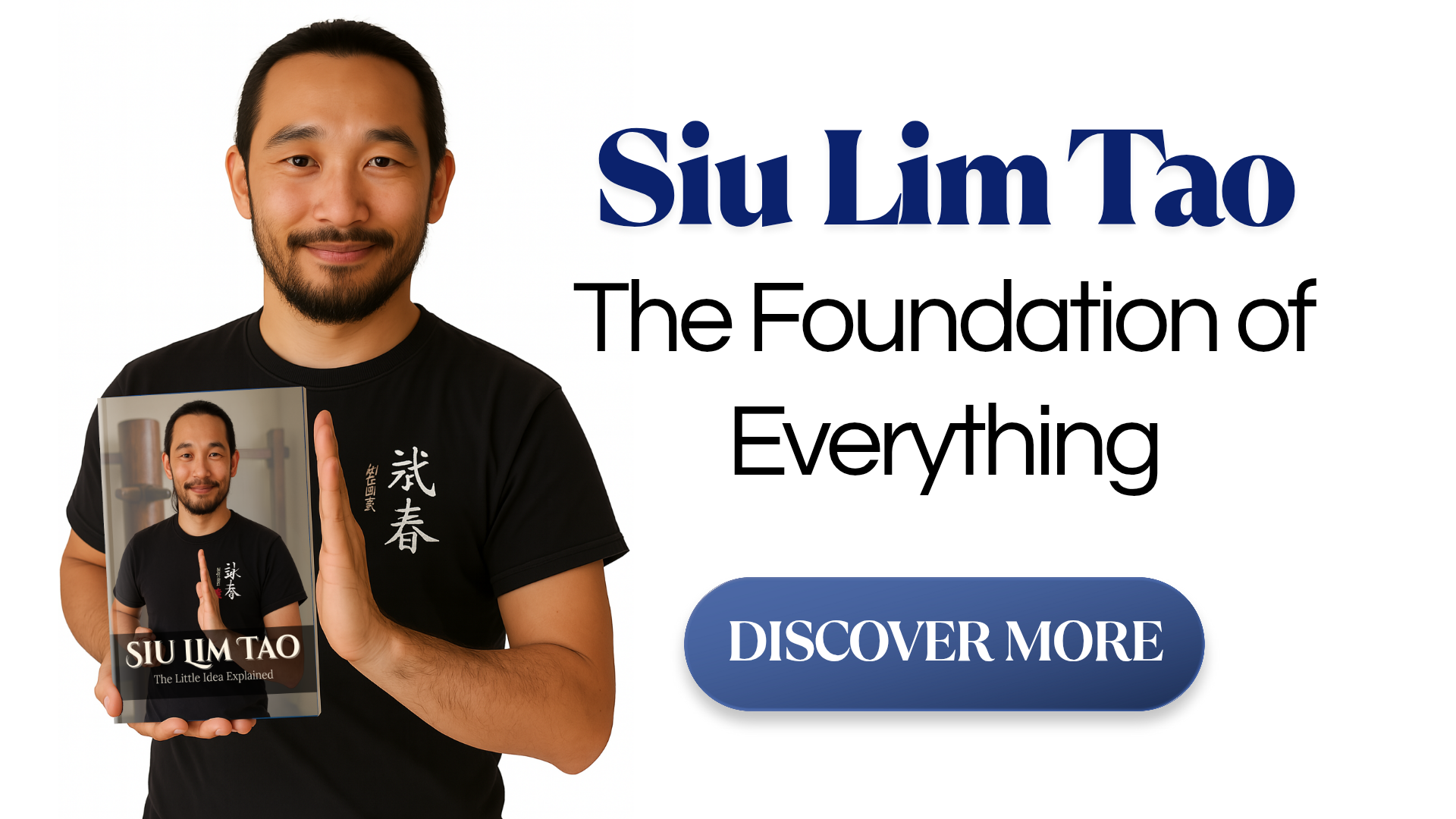
Wing Chun uses several symbols, with the Chinese characters for Wing Chun and the symbol for Yin and Yang being the most common. Another important symbol is the Confucian symbol, which is a testament to the continuous pursuit of knowledge, emphasizing self-improvement and ego-less learning.
Wing Chun philosophy also emphasizes the system of threes, an example being the concept of "One in, one out. One up, one down. Never two-on-one idly." This philosophy encourages readiness and discourages complacency, reflecting the perpetual struggle against the ego.
The Life of a Wing Chun Practitioner
Wing Chun practitioners are known for leading honest lives. They value feedback, recognizing its importance in growth and improvement. They are mindful of the type of feedback they receive, differentiating between ego-stroking praise and constructive criticism. Wing Chun practitioners strive for self-improvement, embodying perseverance, integrity, and education.
In conclusion, the philosophy of Wing Chun is a profound journey of understanding that goes far beyond the physical mastery of movements. It encourages a lifestyle of honesty, continual self-improvement, and balance, emphasizing the need to be adaptable and resilient, much like water.
The art of Wing Chun doesn't just teach self-defense; it imparts wisdom that can shape one's approach to life. It cautions against complacency and ego, stressing the importance of humility, perseverance, and integrity. Wing Chun is not just about fighting; it's about living - living with an unwavering spirit of self-improvement and a humble heart ready to learn.
Indeed, the phrase "Wing Chun" translates to "Song of Spring," symbolizing rejuvenation, rebirth, and a continual return to the basics to refine and expand one's knowledge. As a Wing Chun practitioner, it is crucial to remember your roots and the essence of your journey.
The path of a Wing Chun practitioner is marked by honesty and growth, fostered by constructive feedback and a relentless pursuit of self-improvement. Regardless of the physical activity you engage in, maintaining these principles will ensure continued progress.
In the world of Wing Chun, truthful words may not always be pleasant, but they are necessary for growth. As the great Lao Tzu once said, "Truthful words are never beautiful. Beautiful words are never truthful." Embracing this truth will foster genuine growth, leading to transformations that can only begin when one is truly honest with oneself.

Intrigued by the philosophy and teachings of Wing Chun? Our e-book offers a more comprehensive exploration of this intricate martial art, providing additional insights and advice to help you delve deeper into the heart of Wing Chun.
Thank you. Your comment will be approved shortly.
Comments
Thank you. Your comment will be approved shortly.
Thank you. Your comment will be approved shortly.
Thank you. Your comment will be approved shortly.
Thank you. Your comment will be approved shortly.
Thank you. Your comment will be approved shortly.

